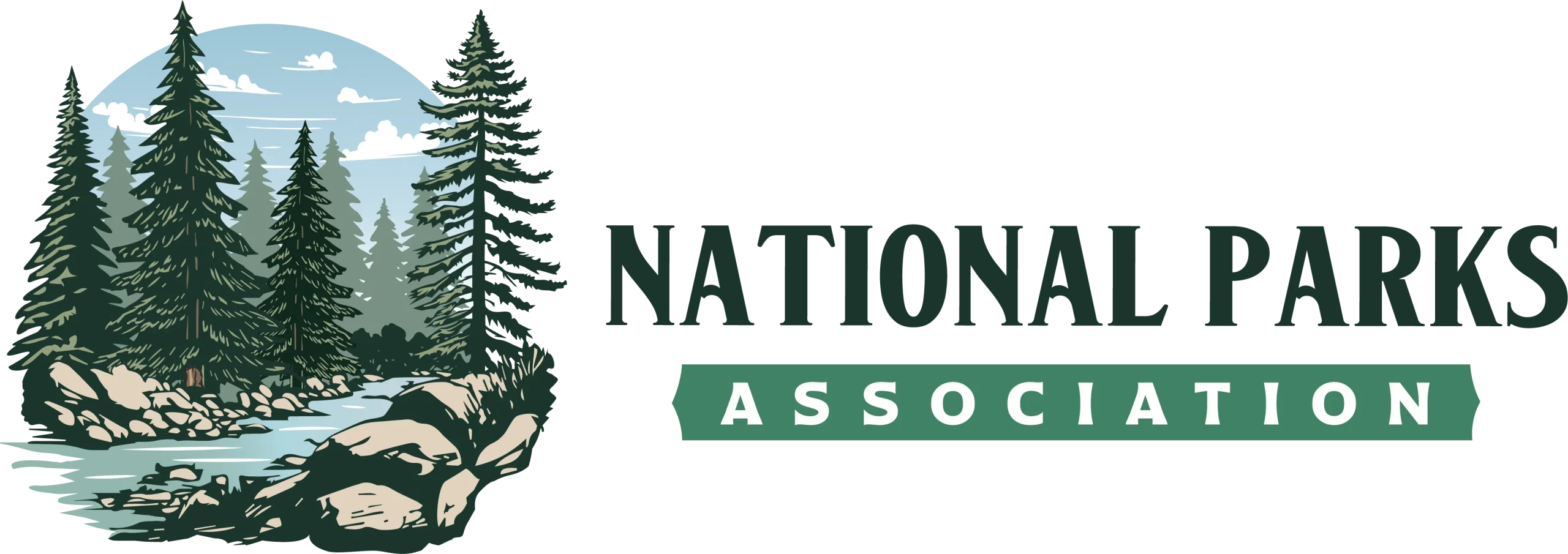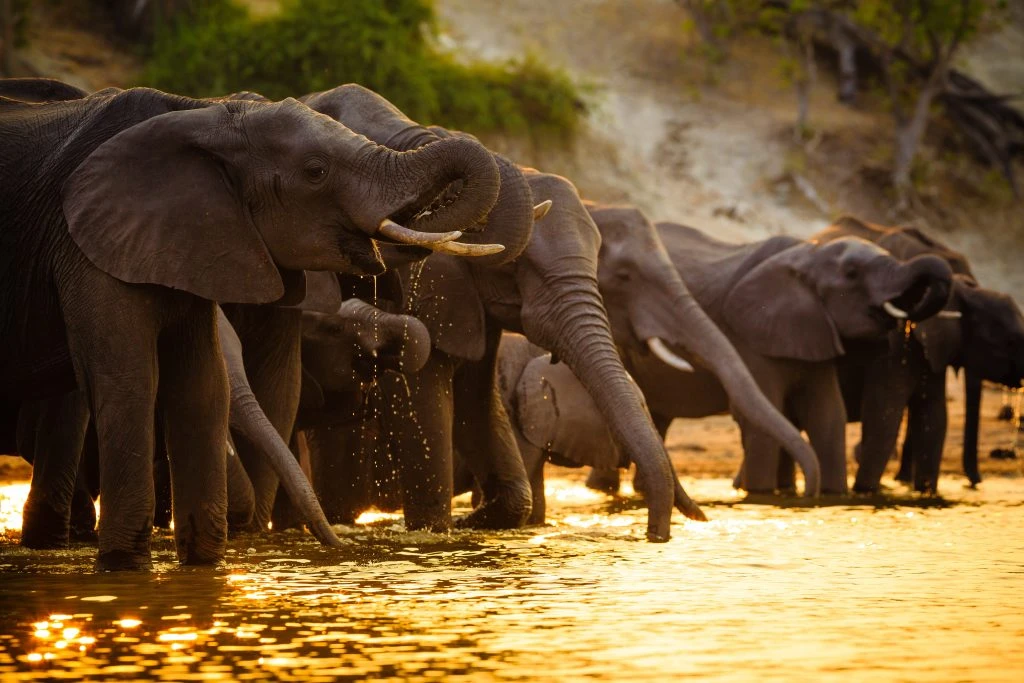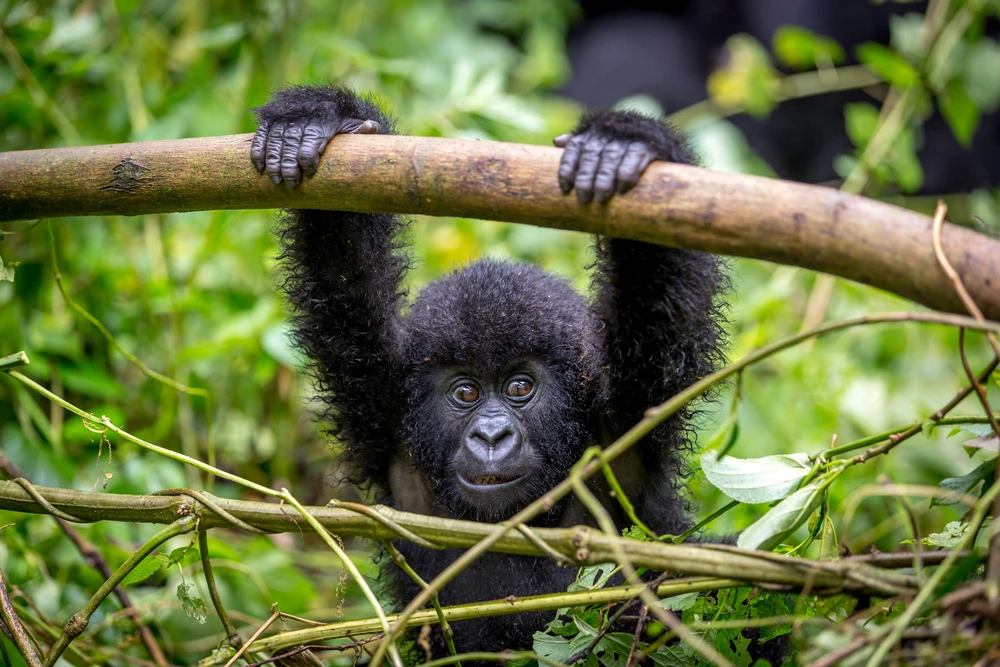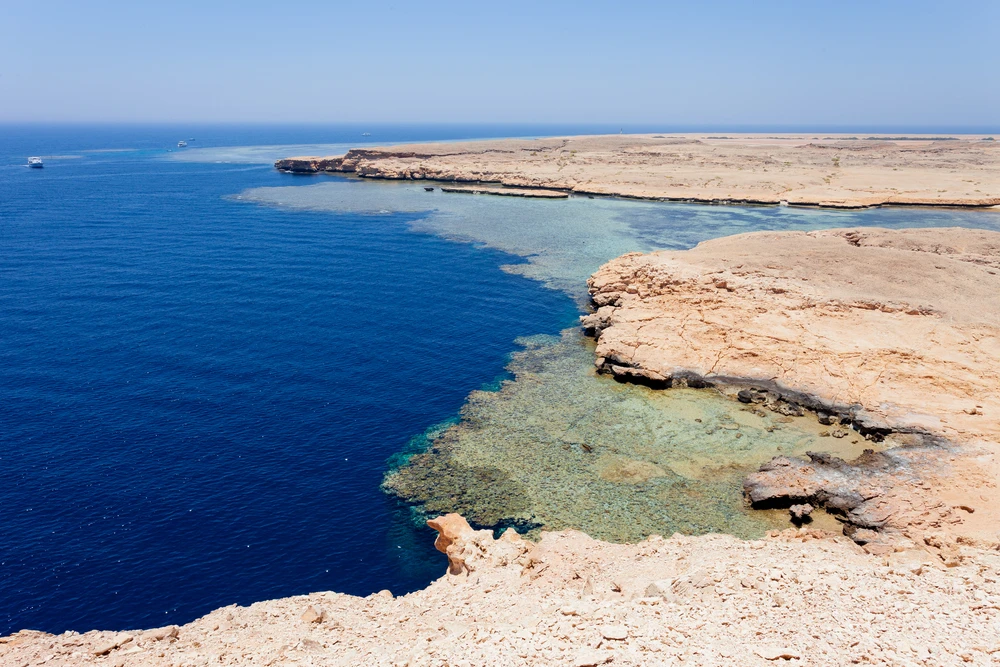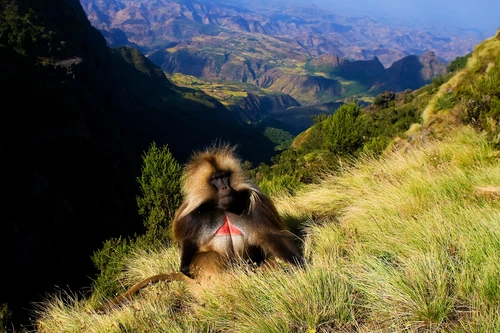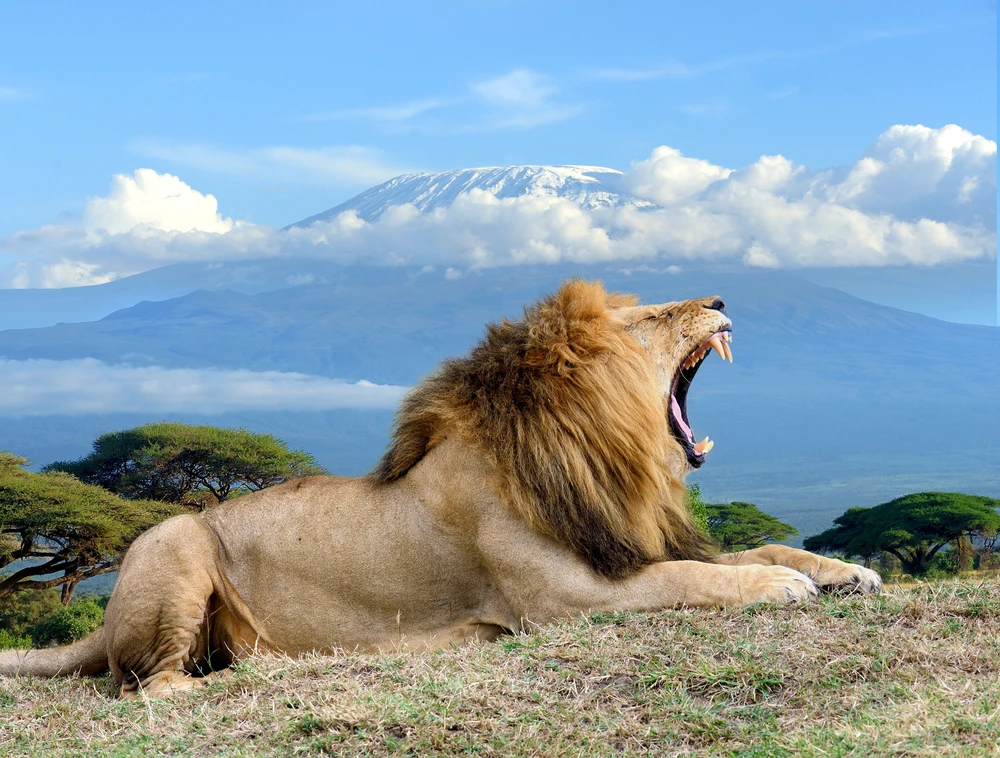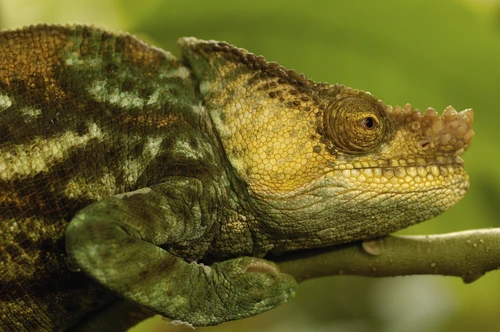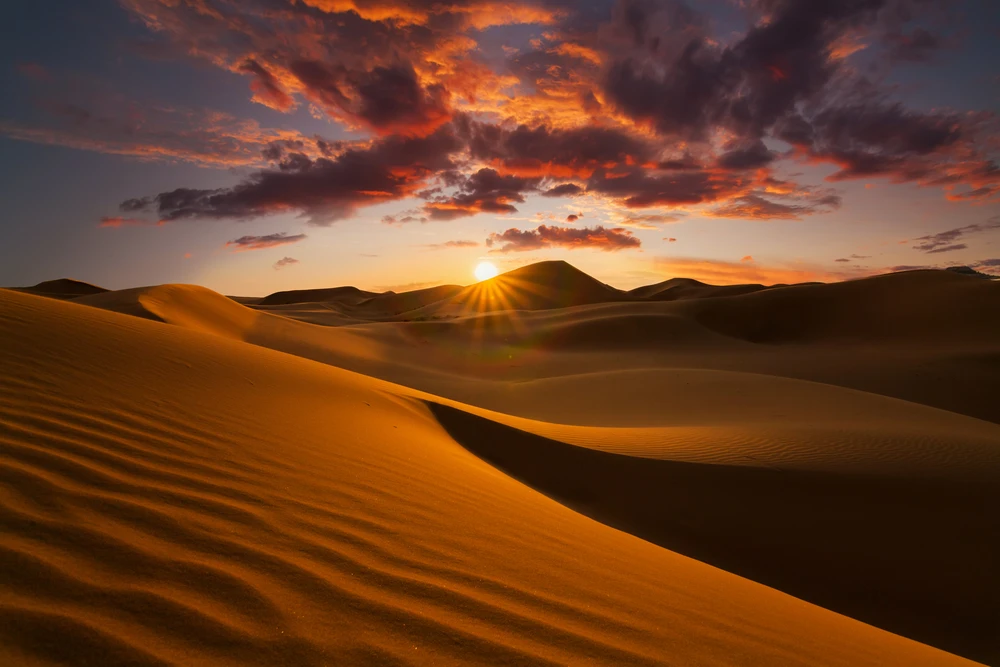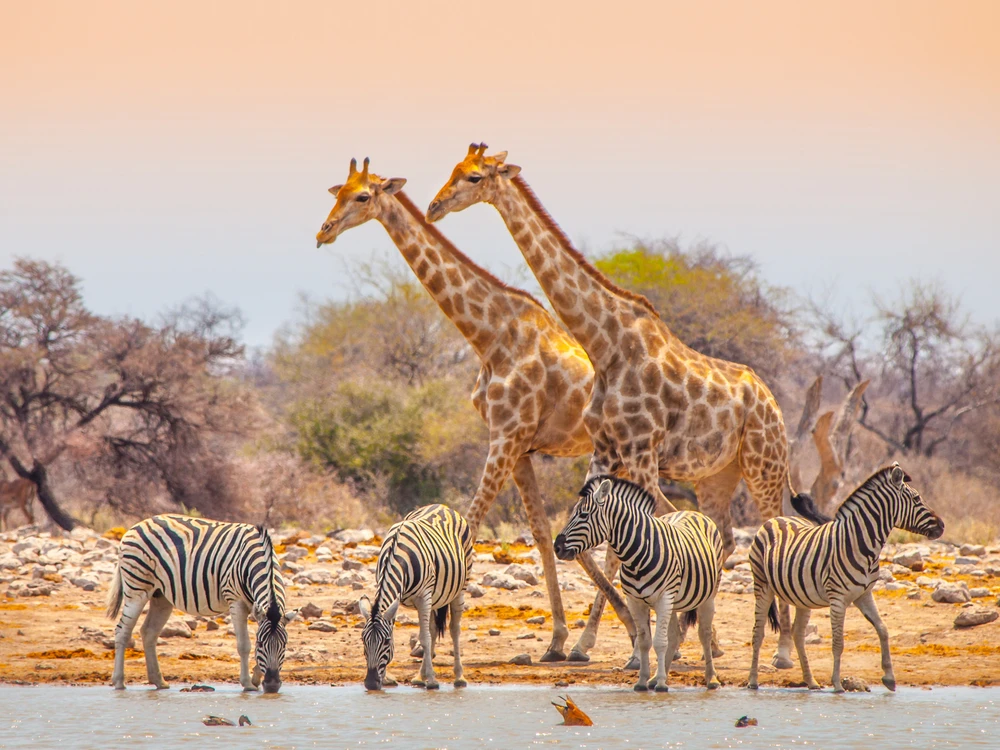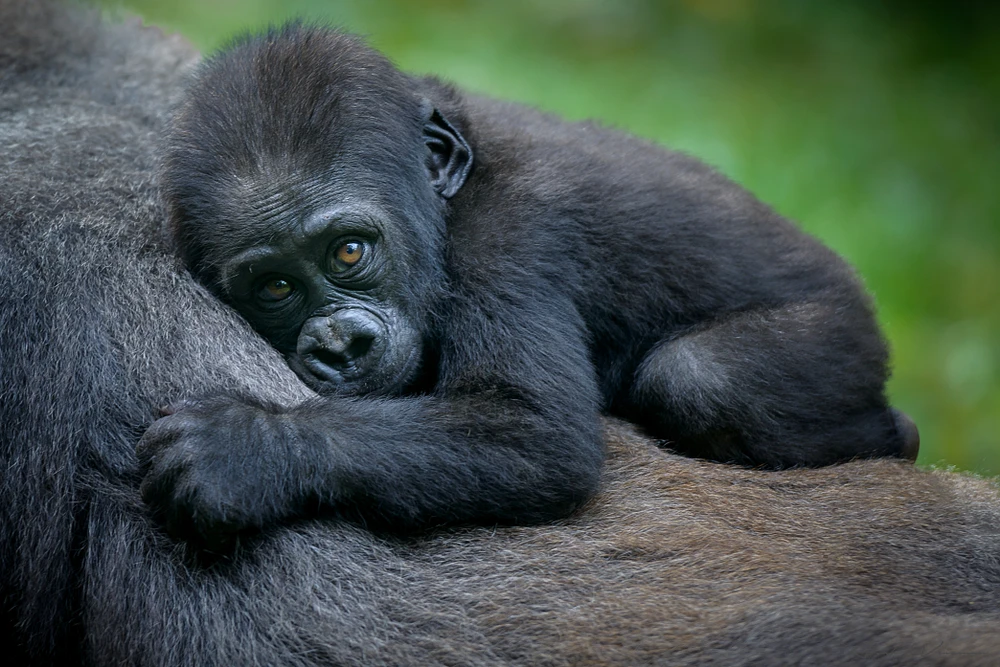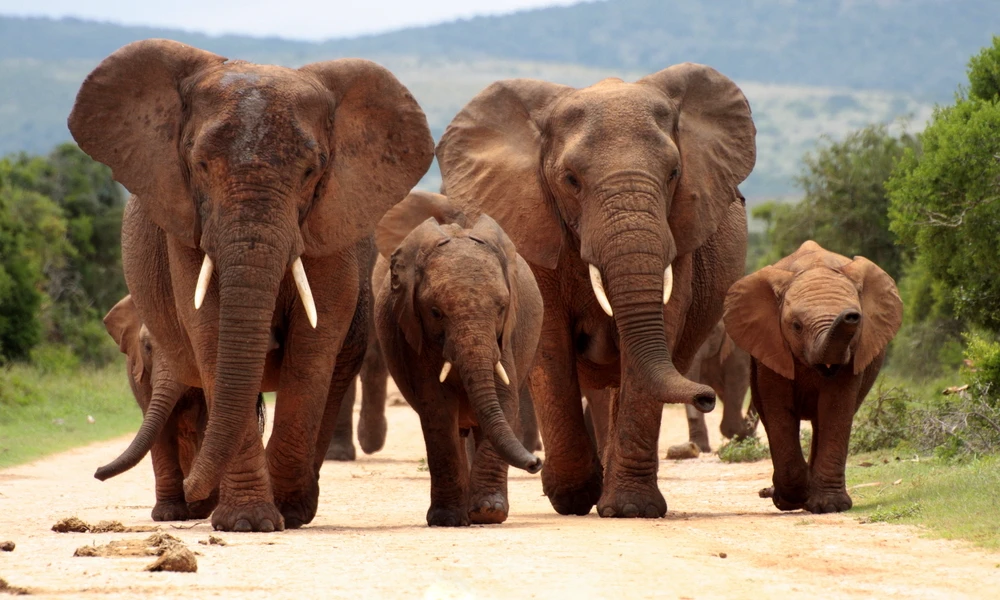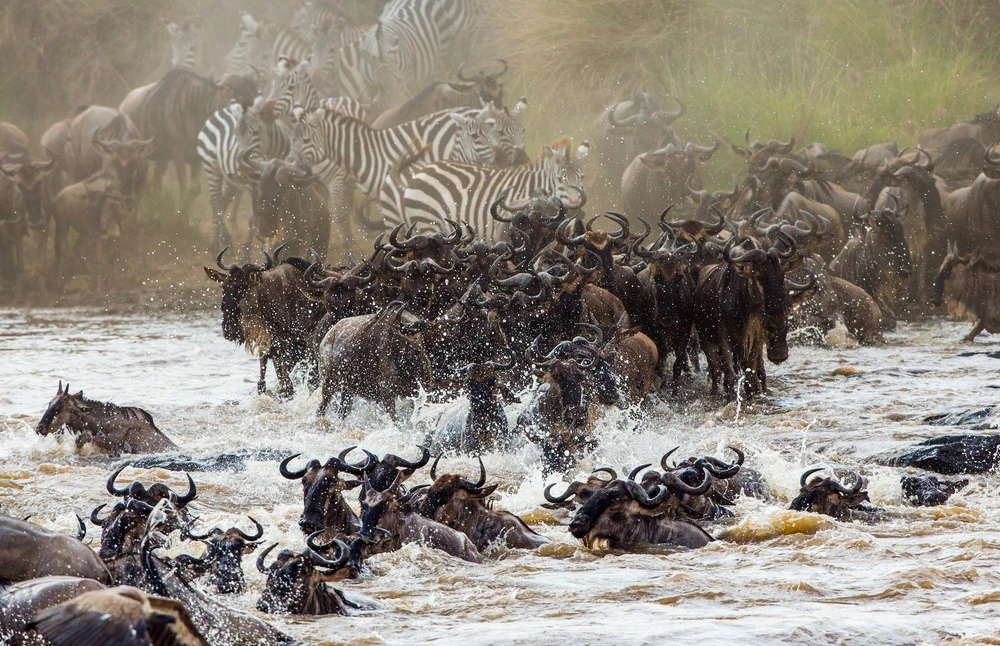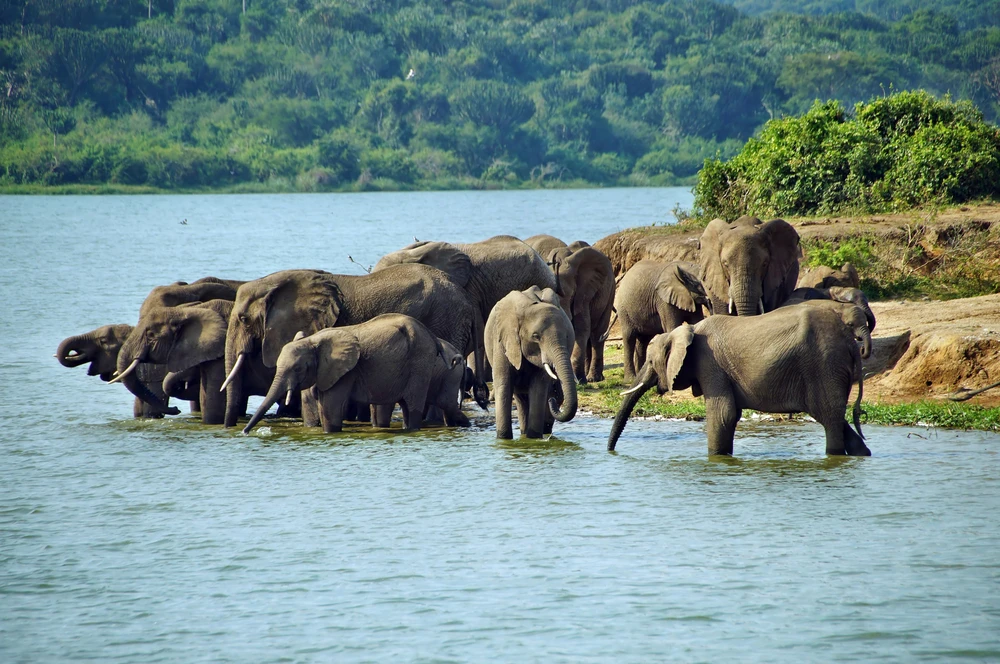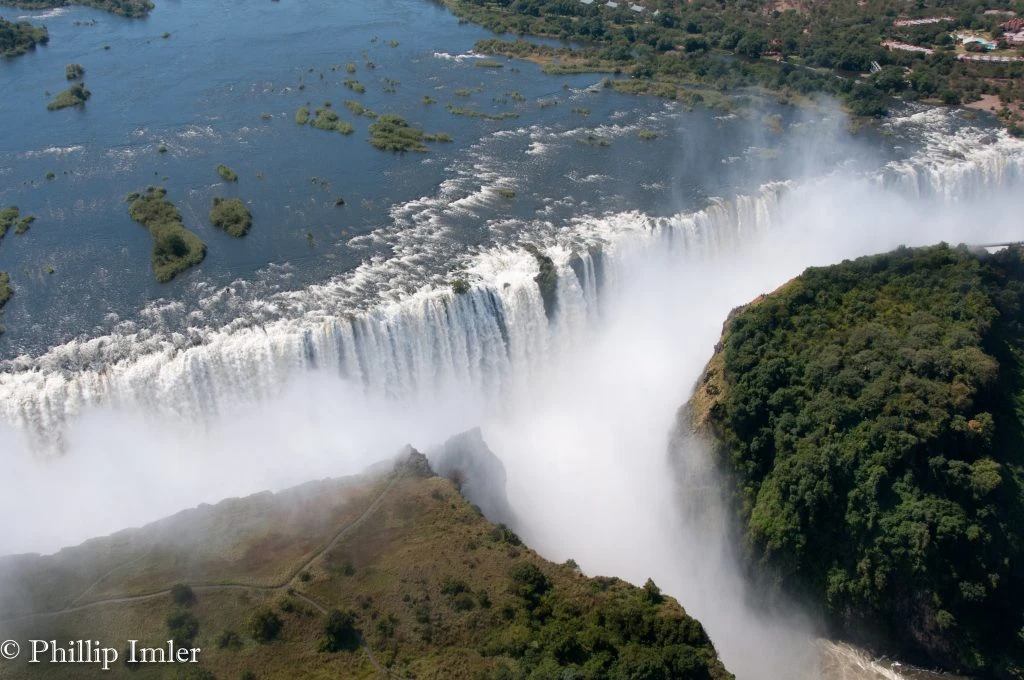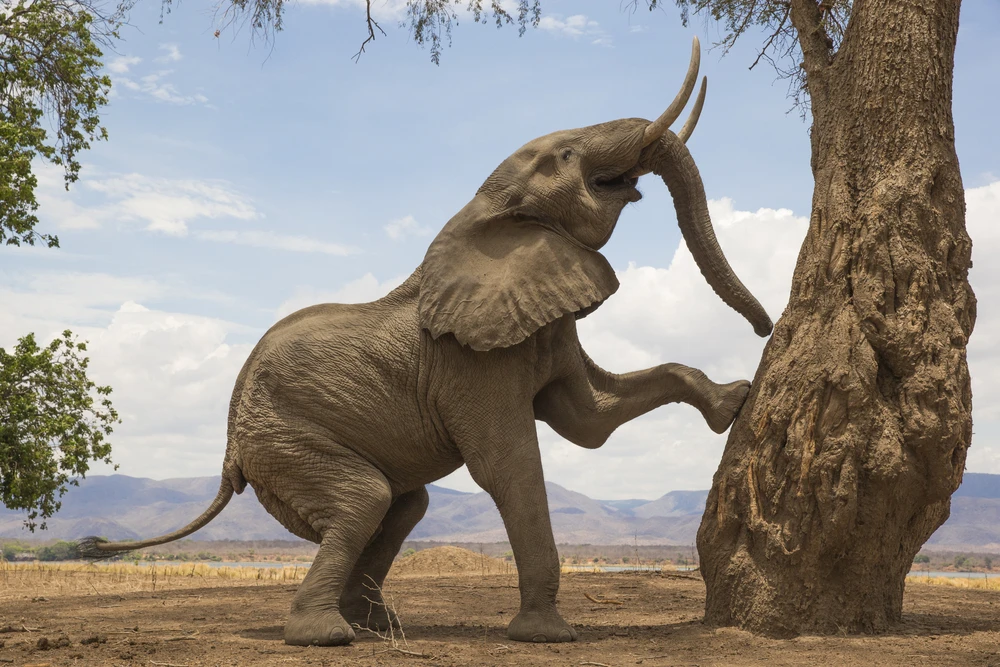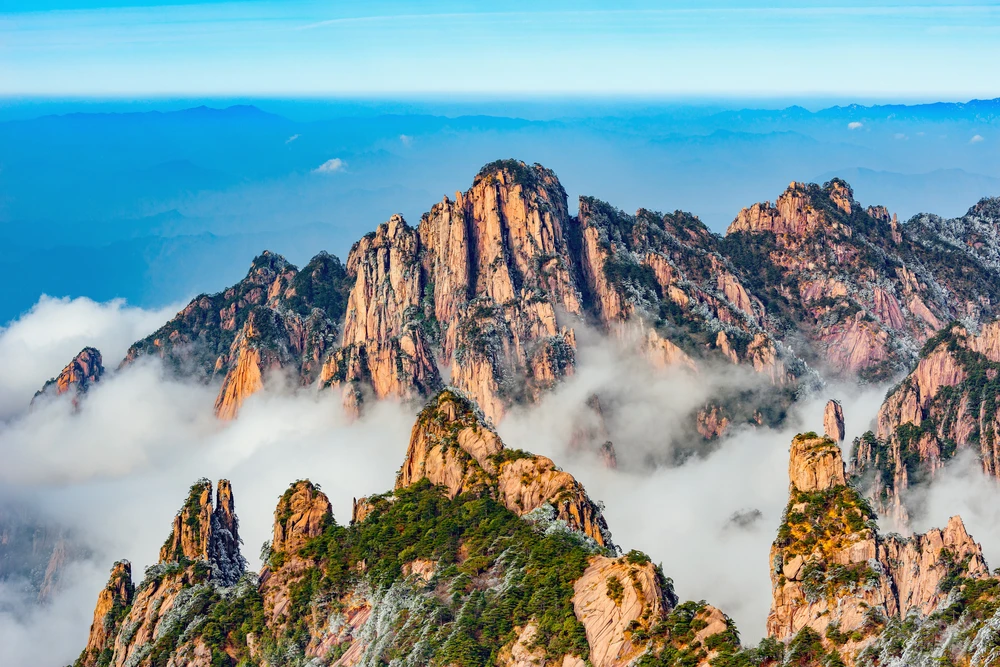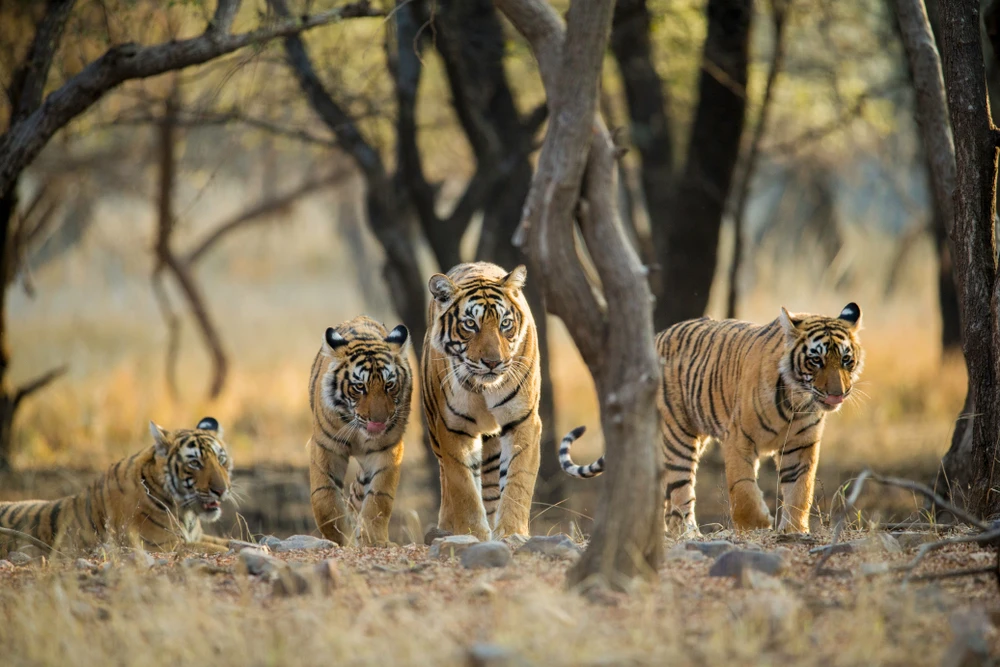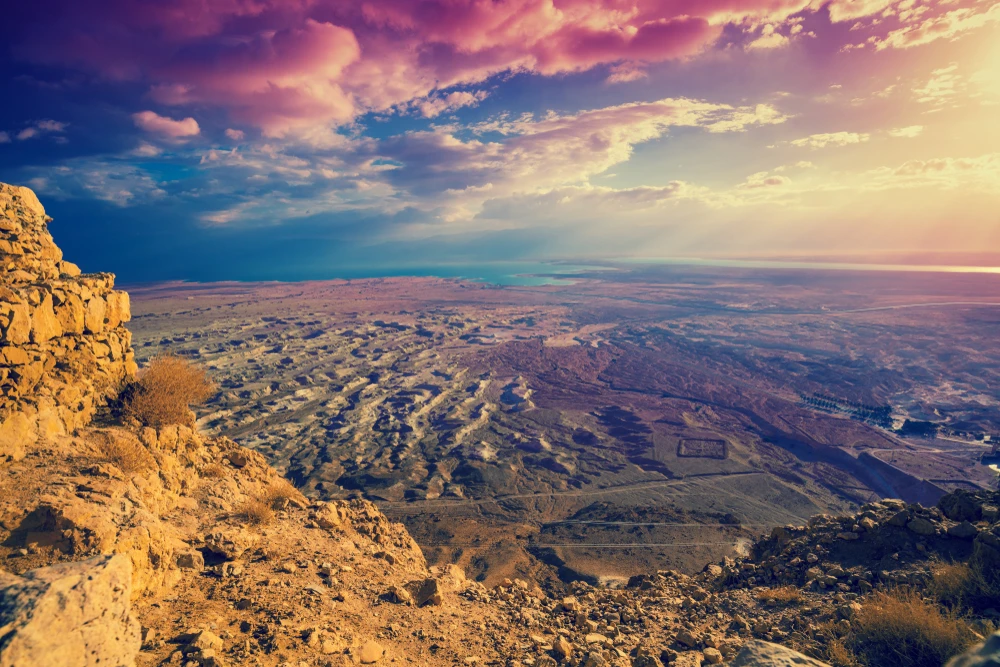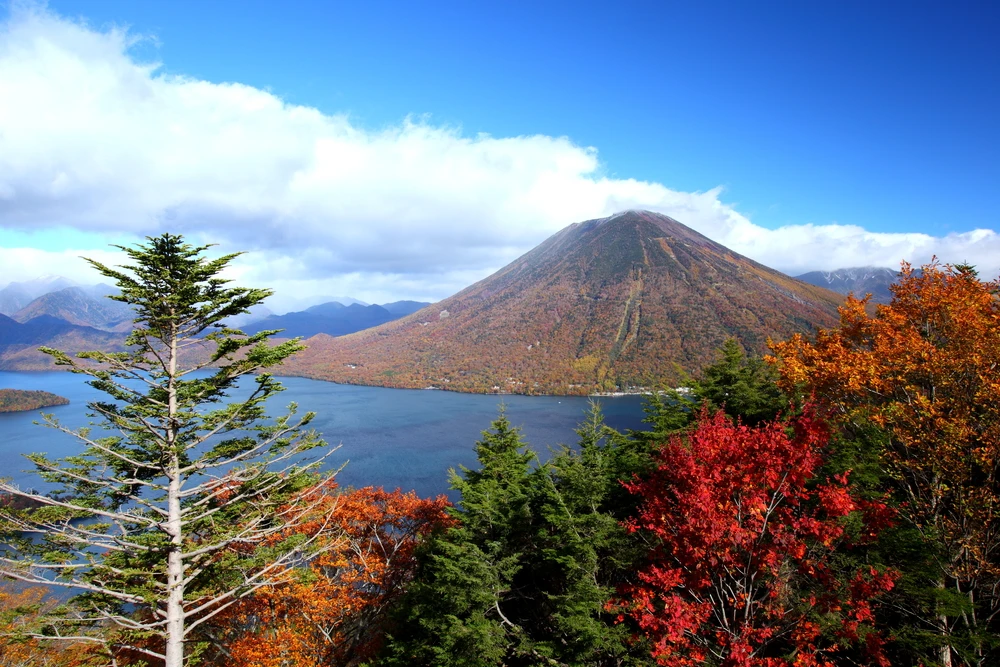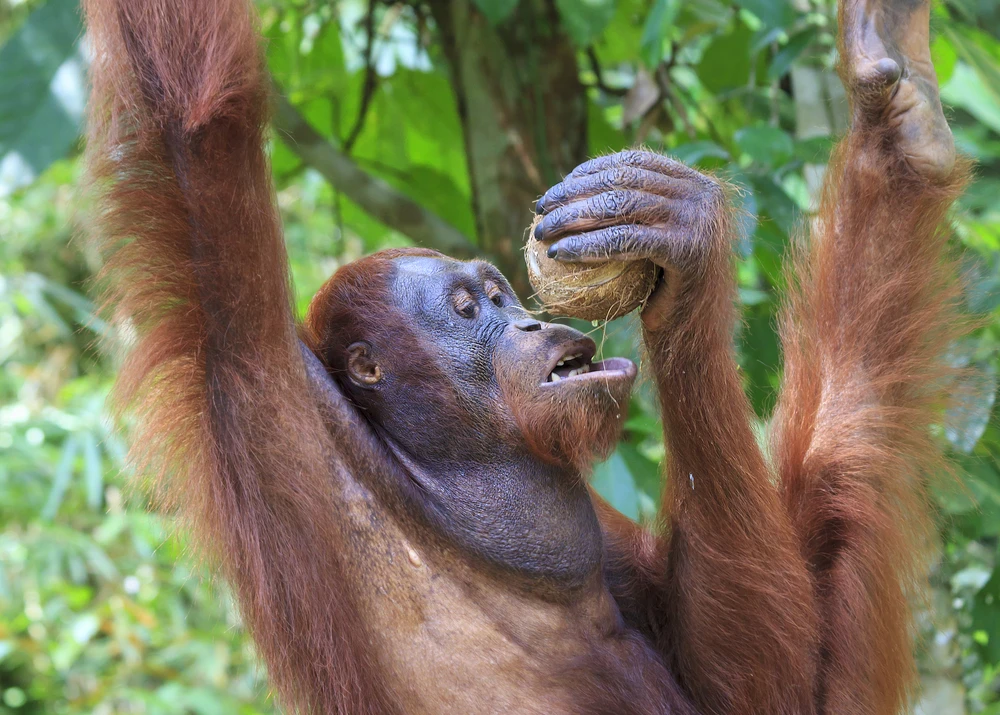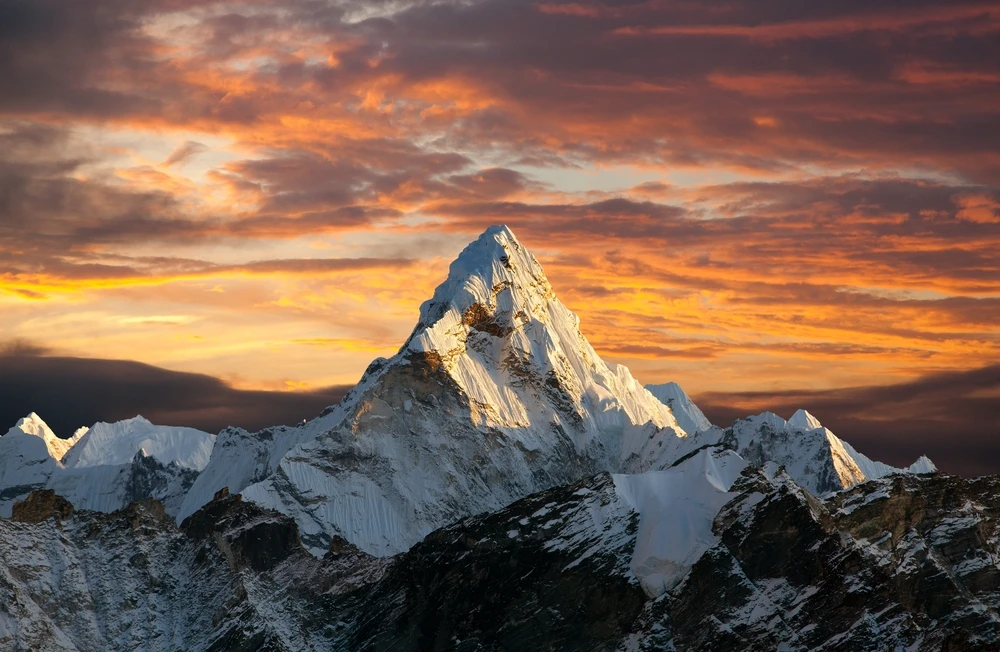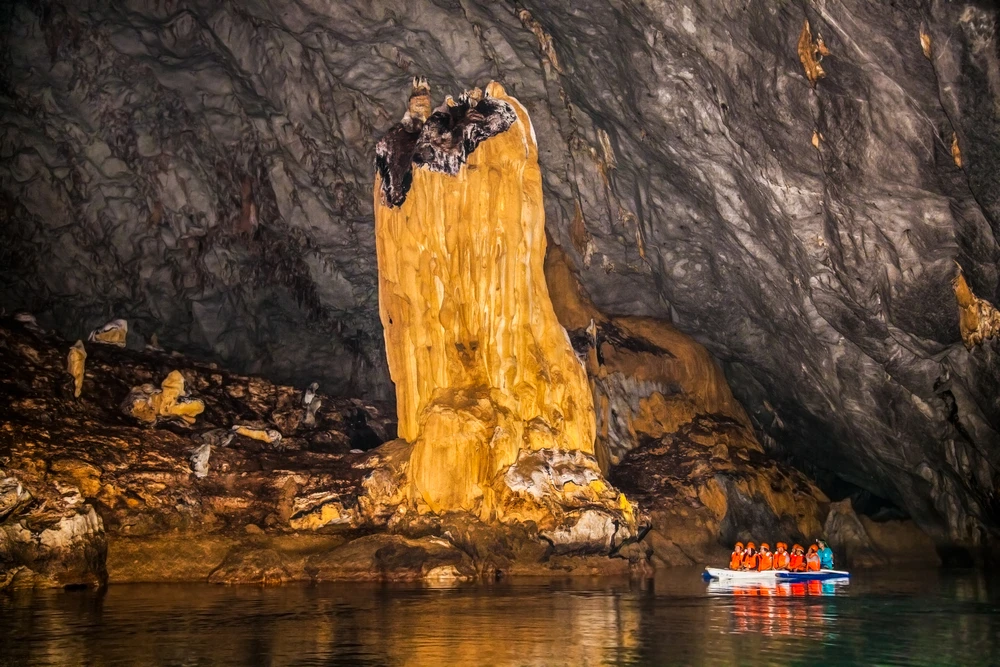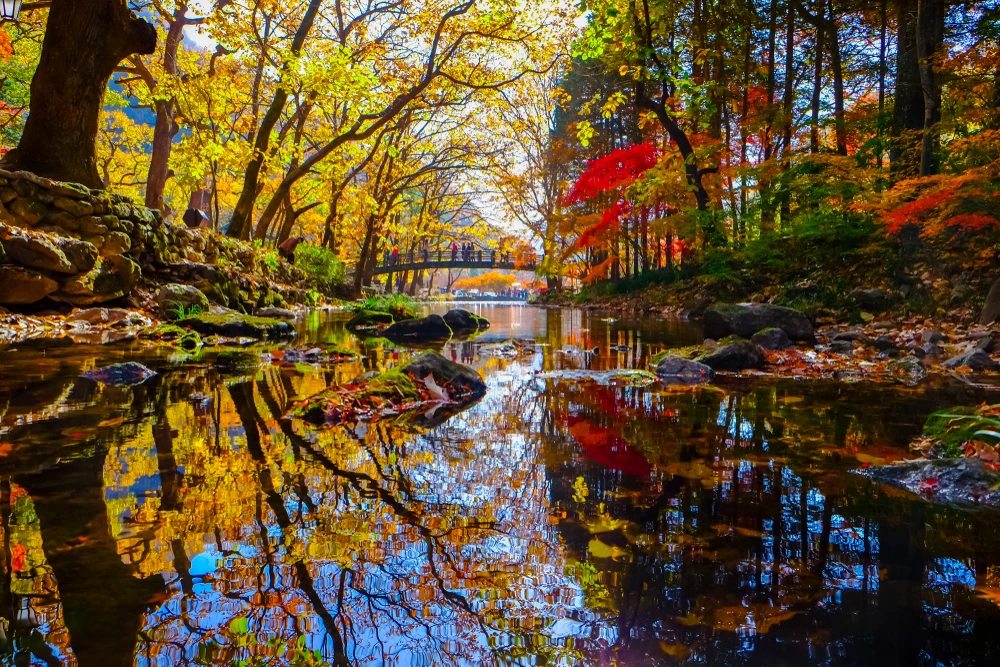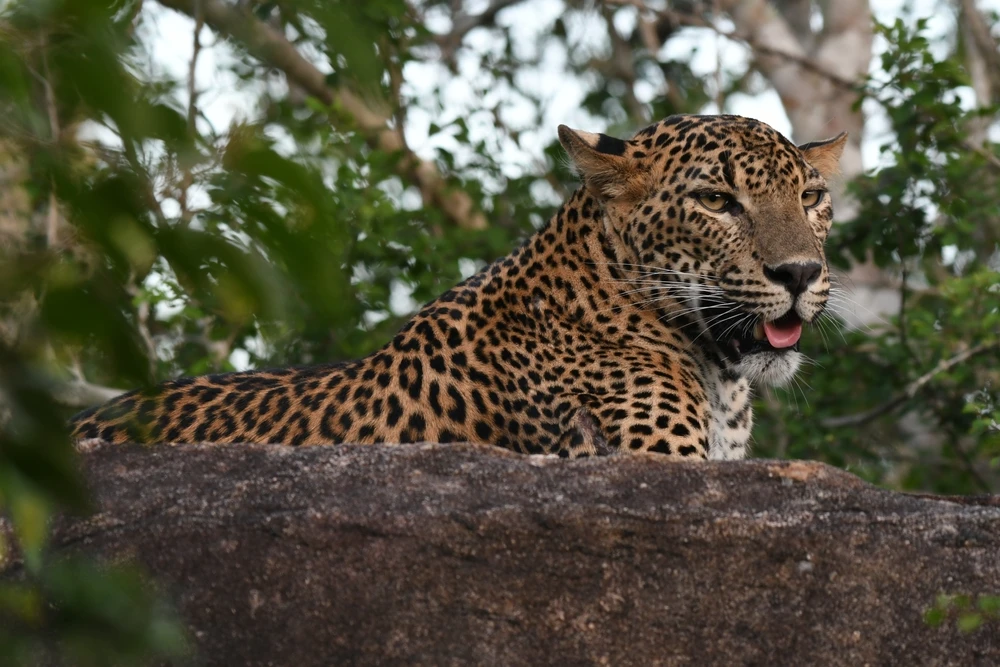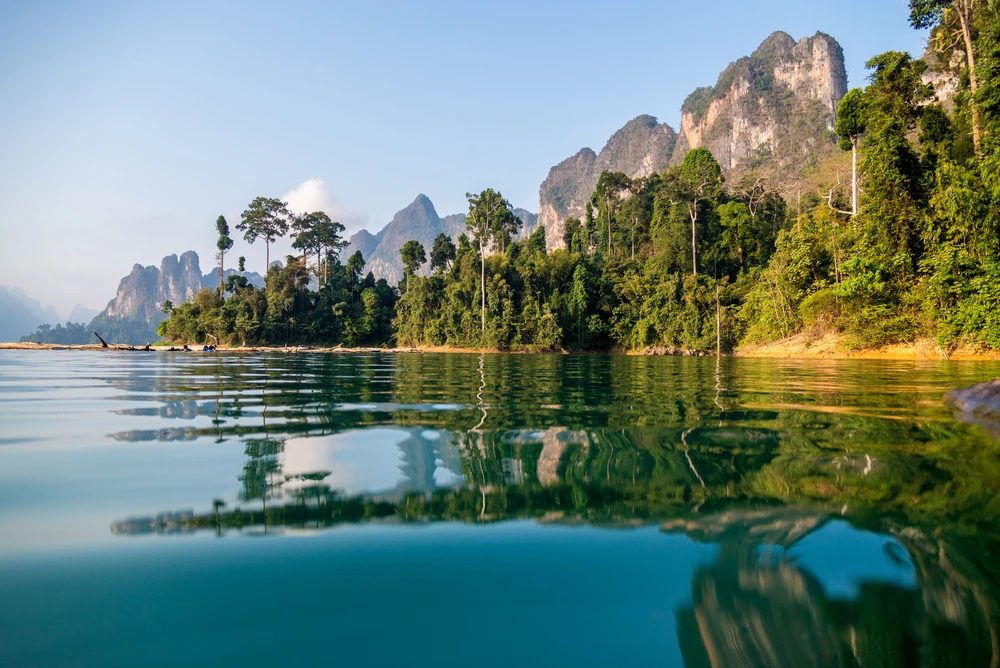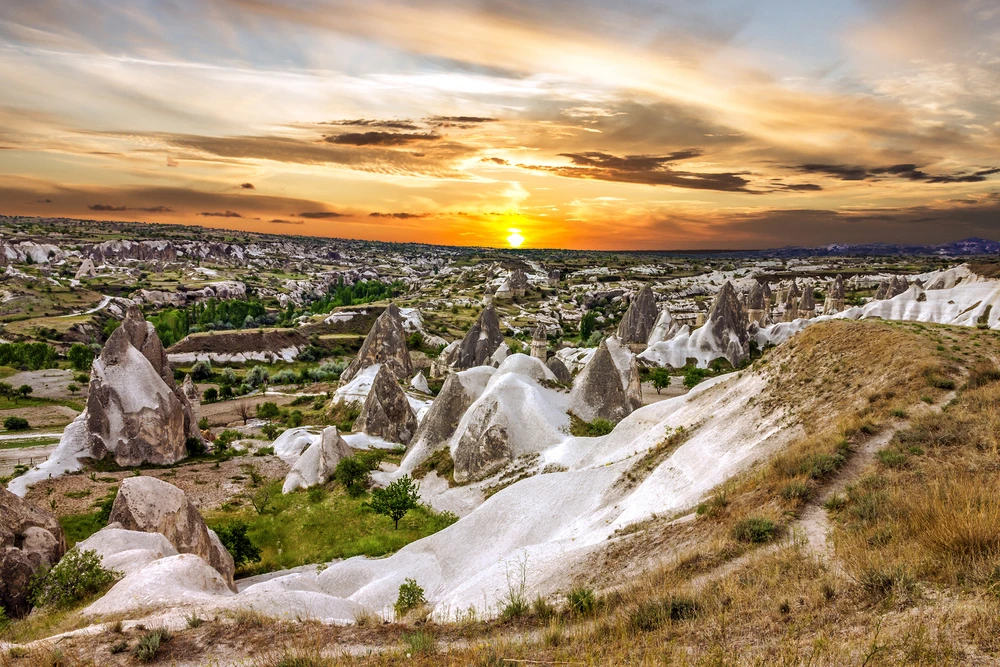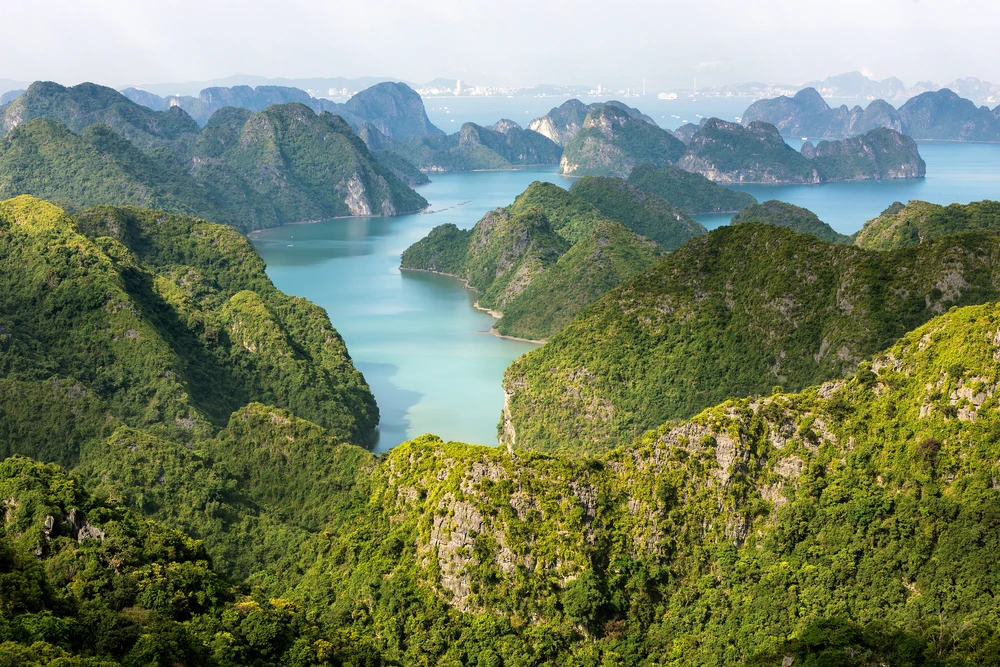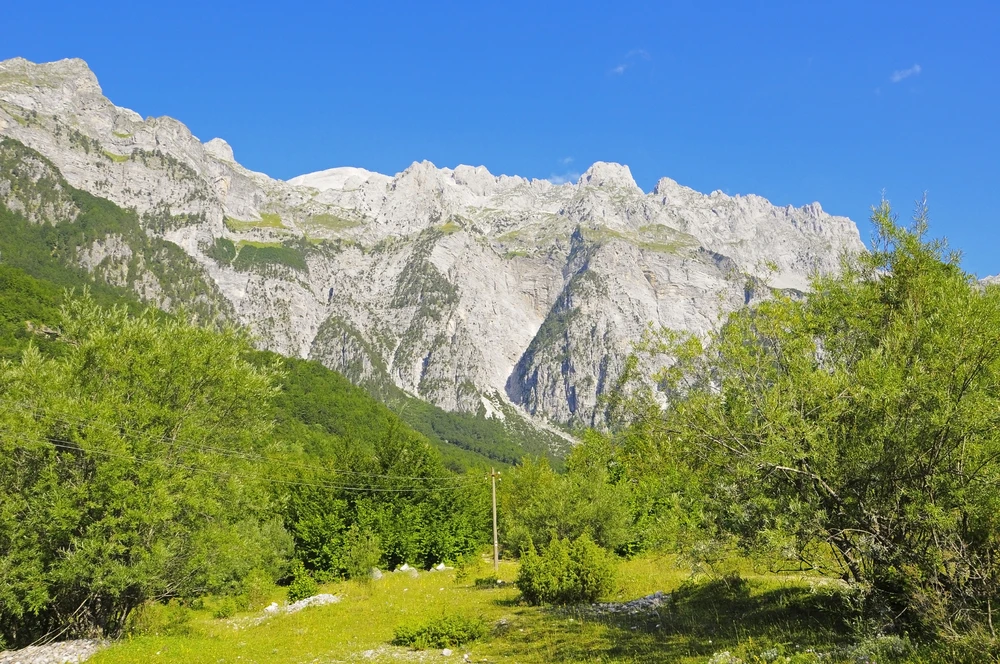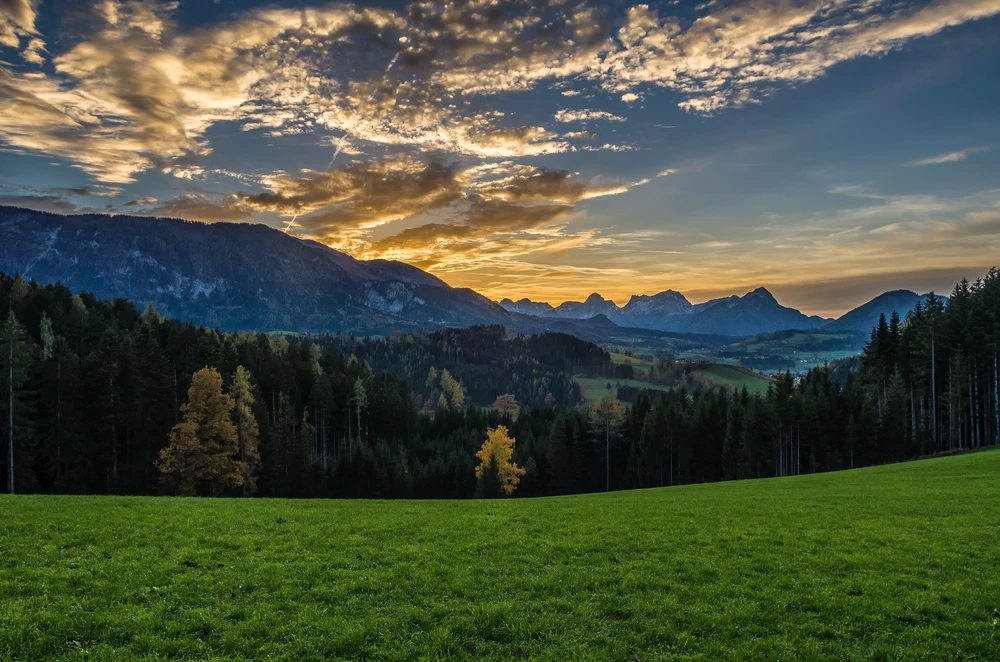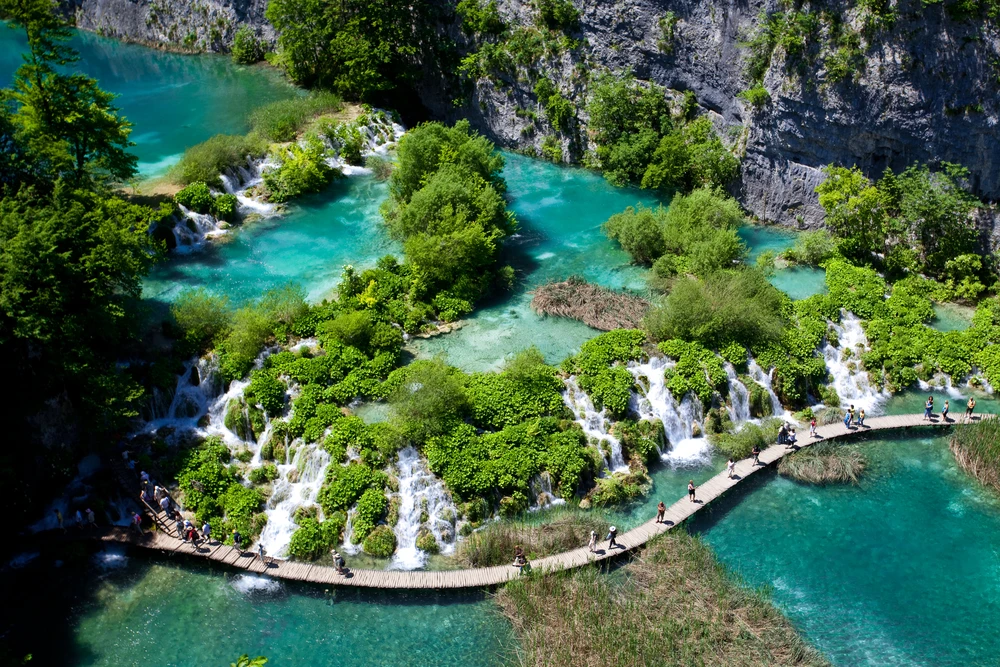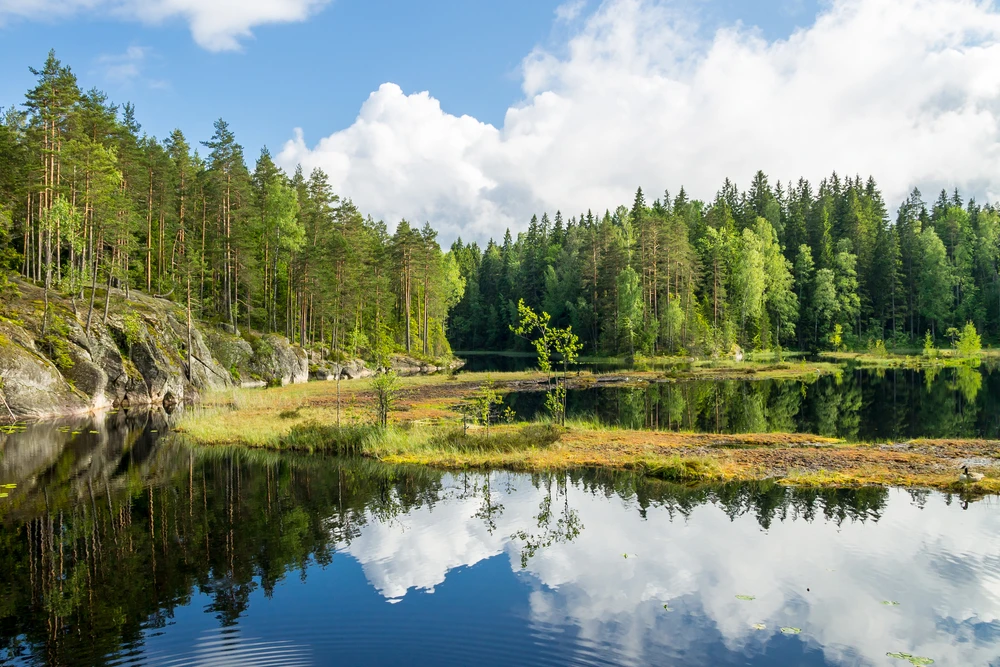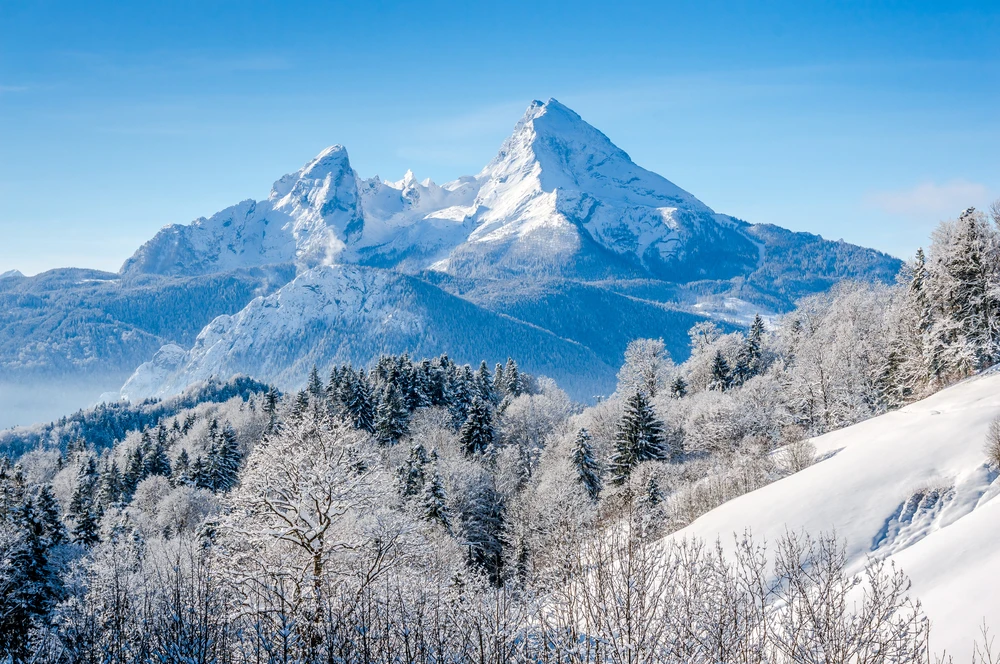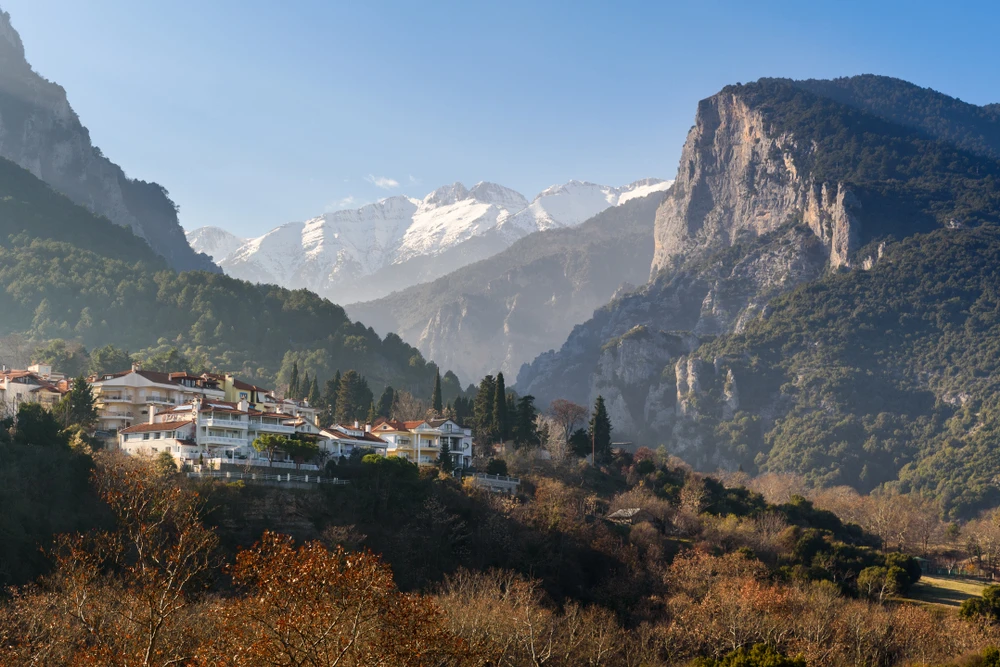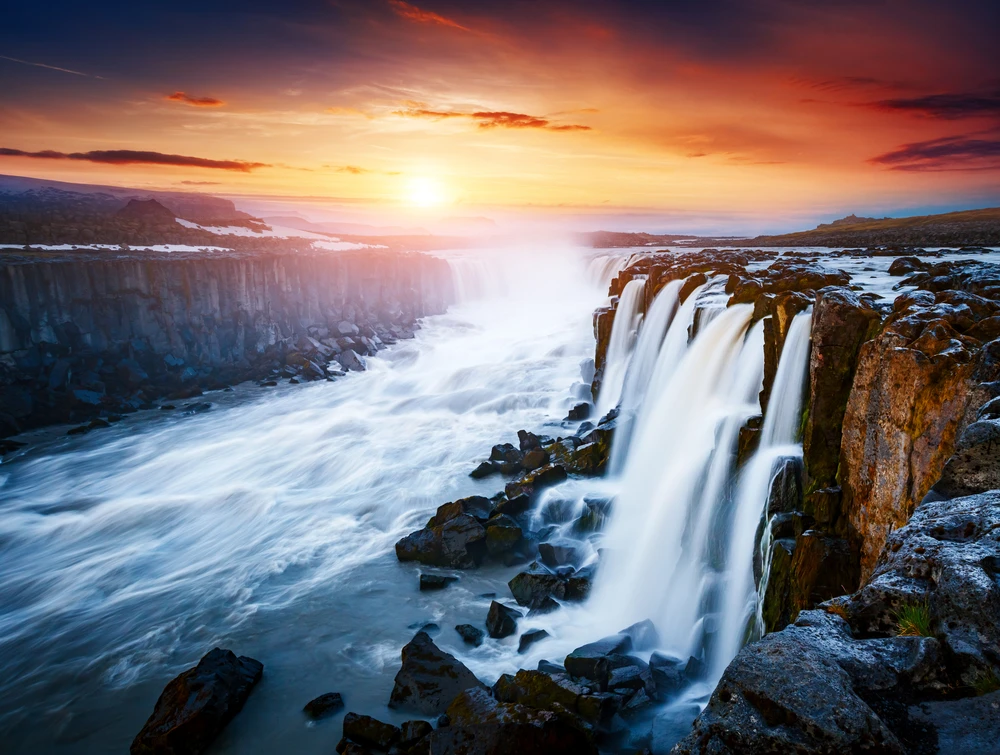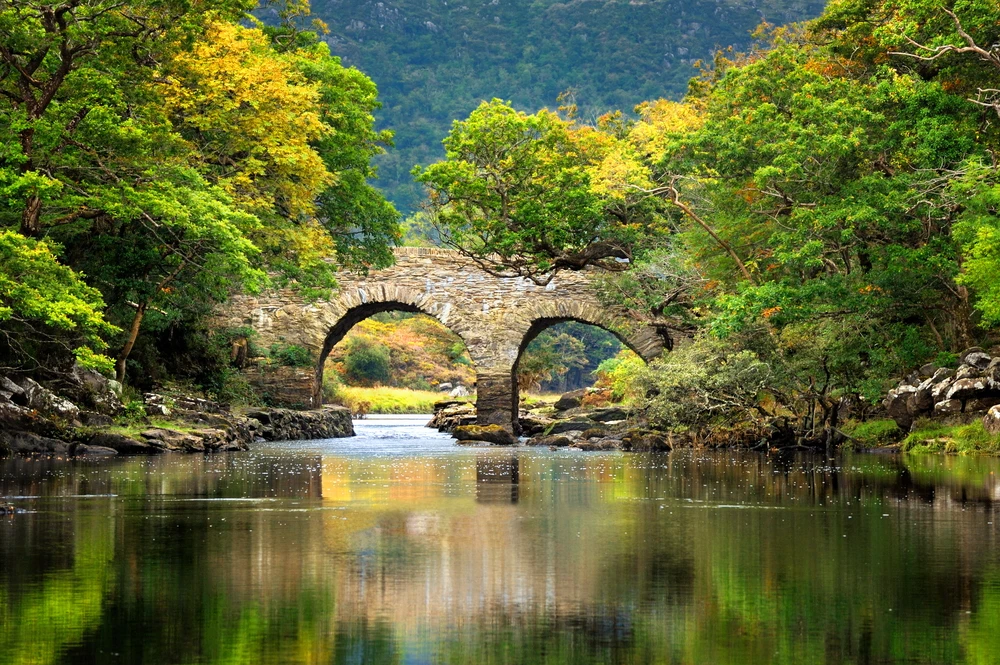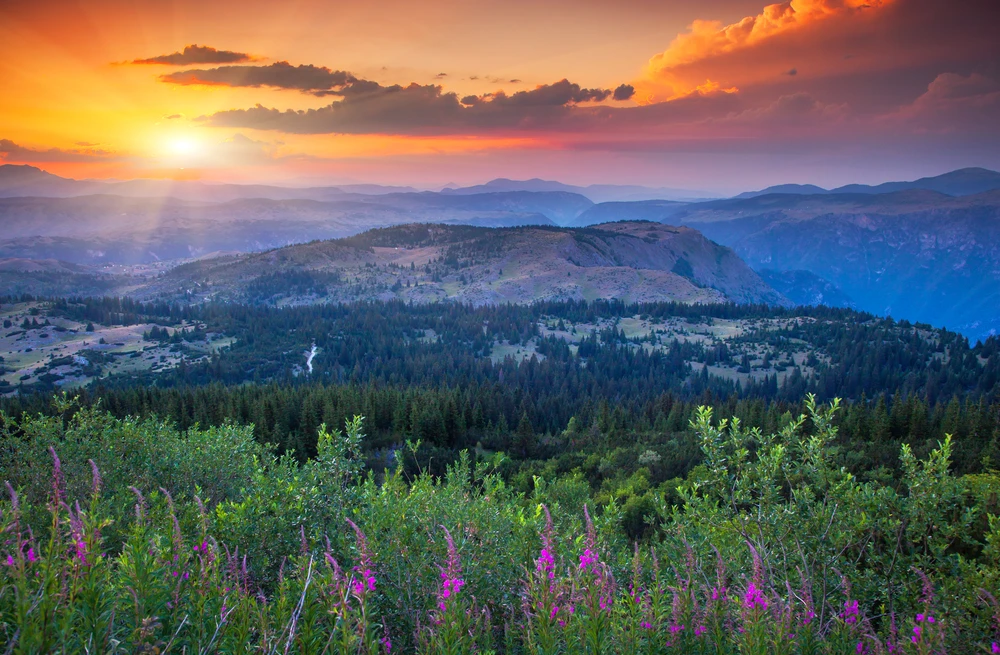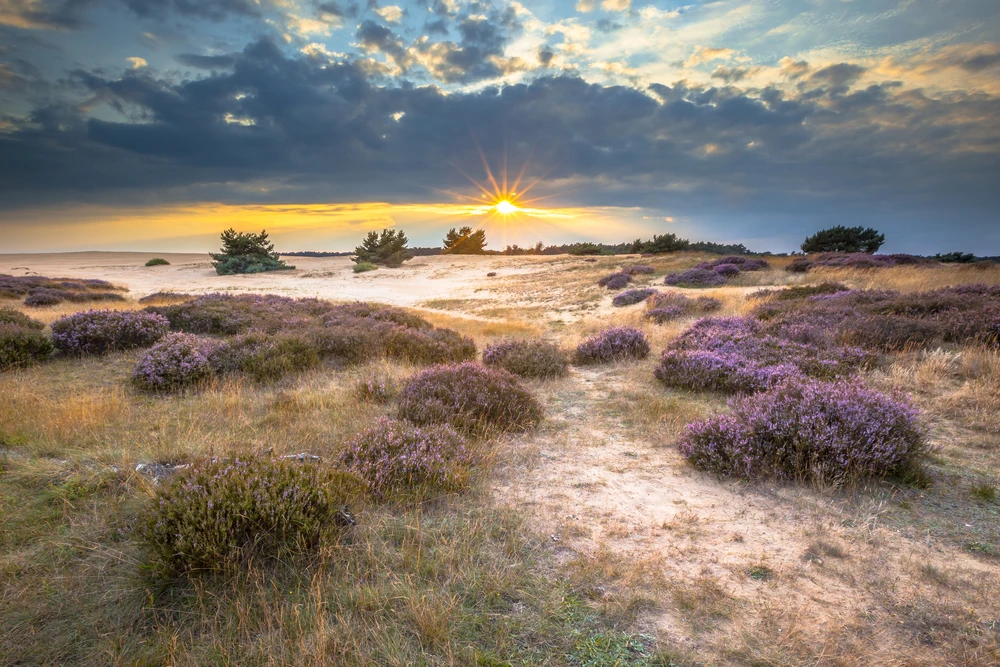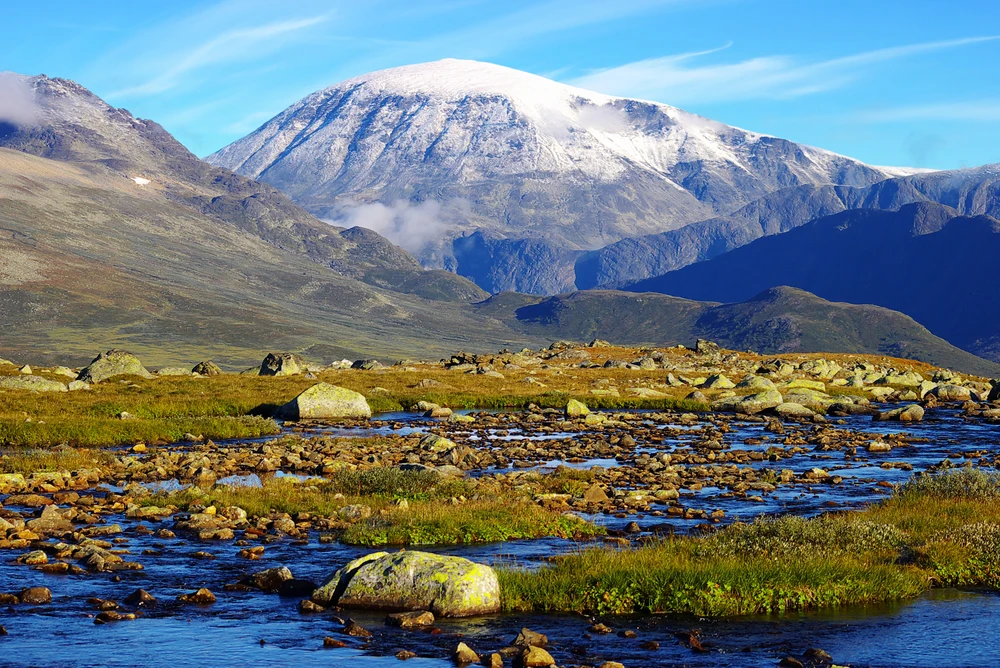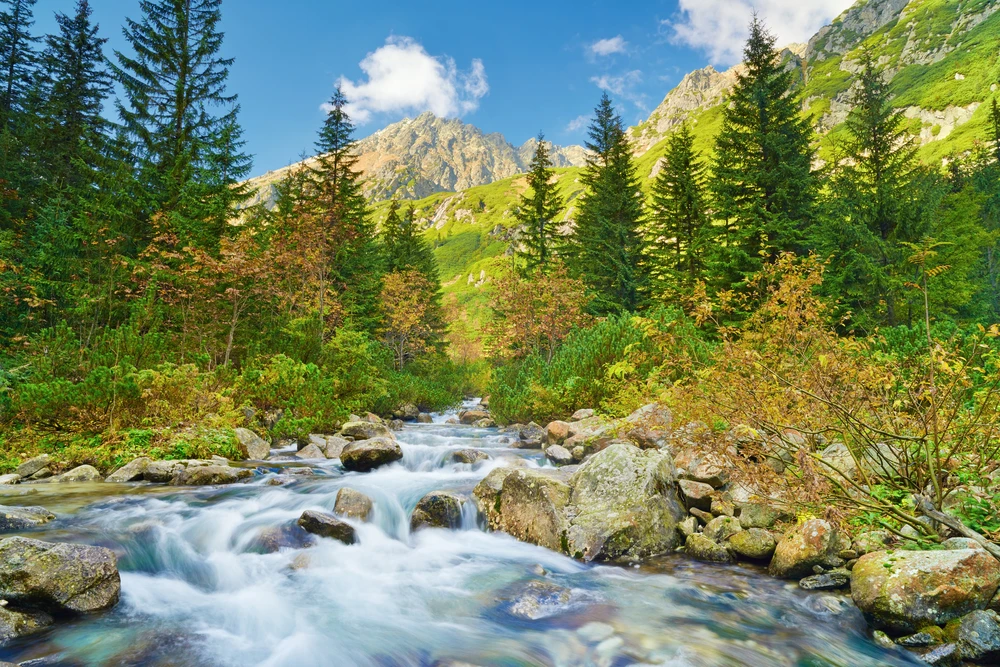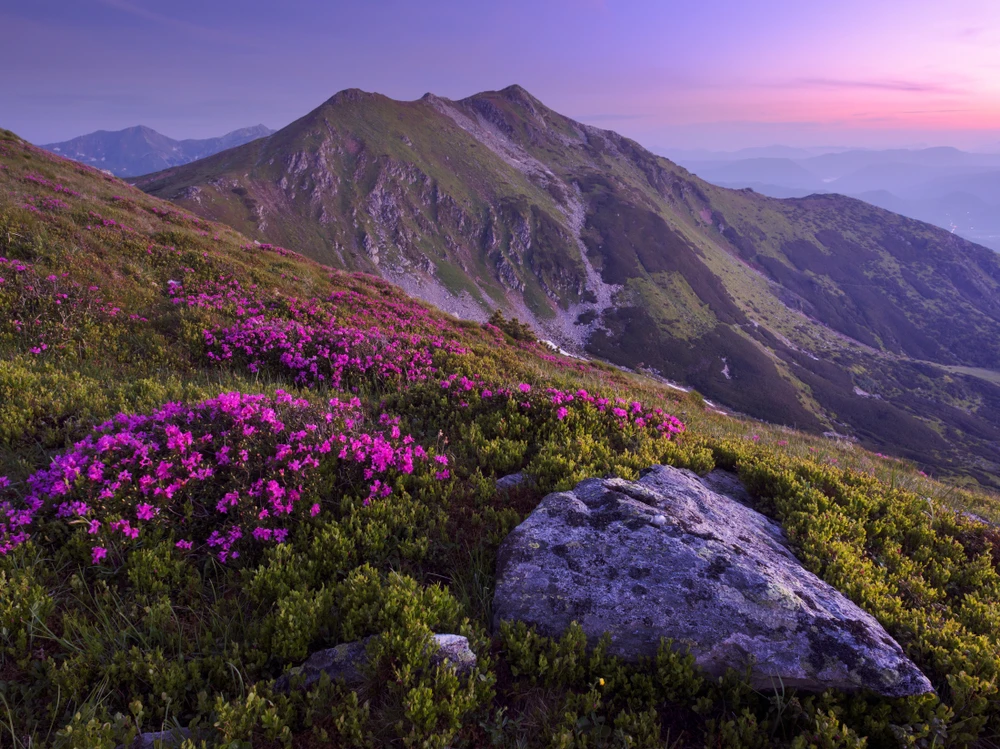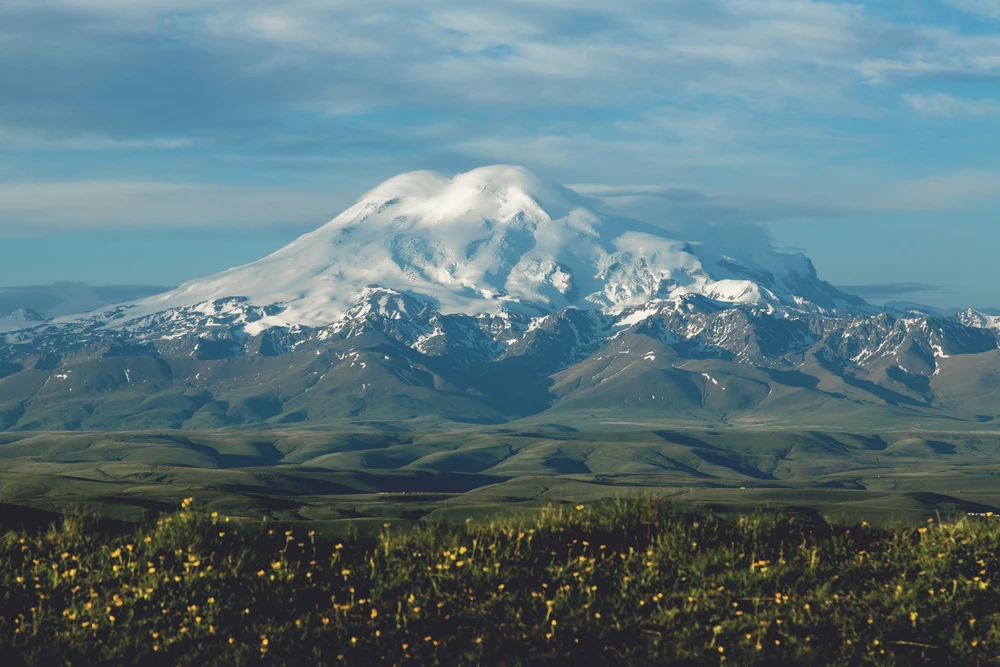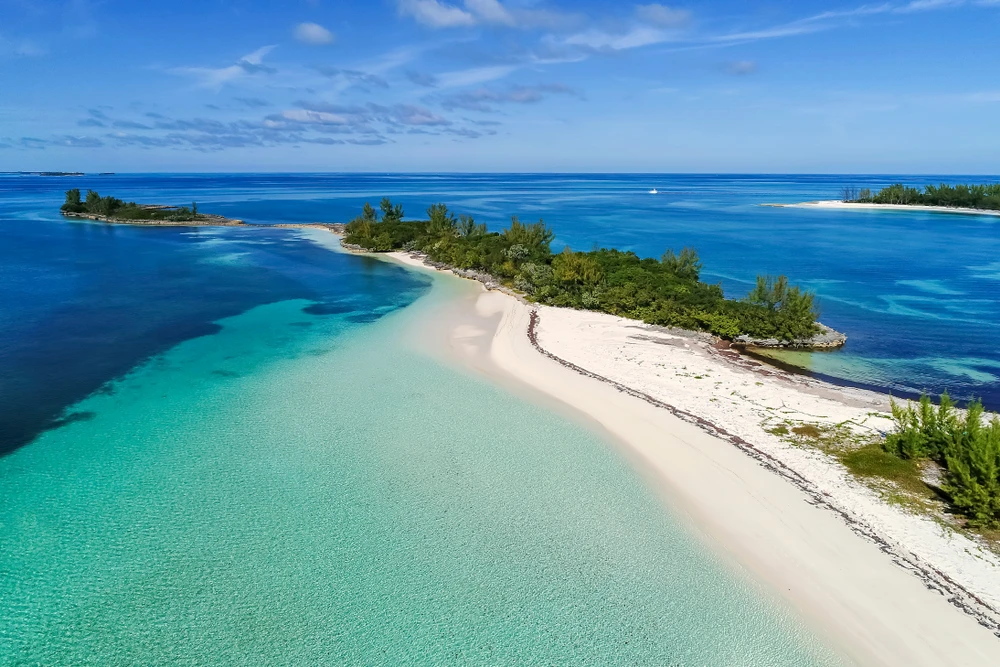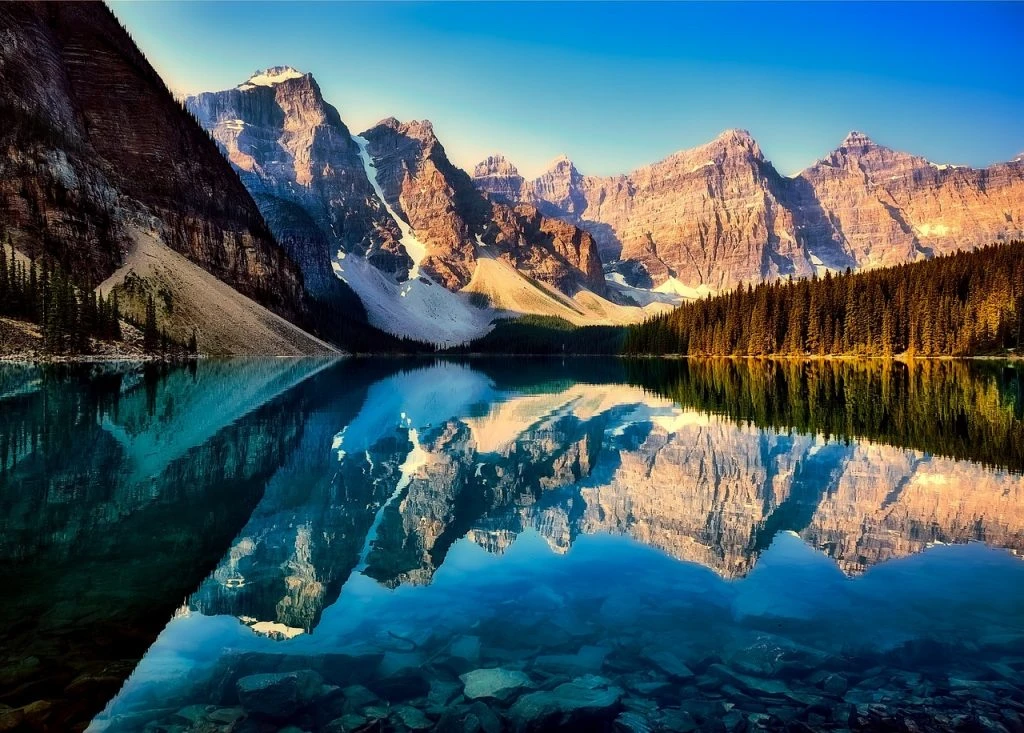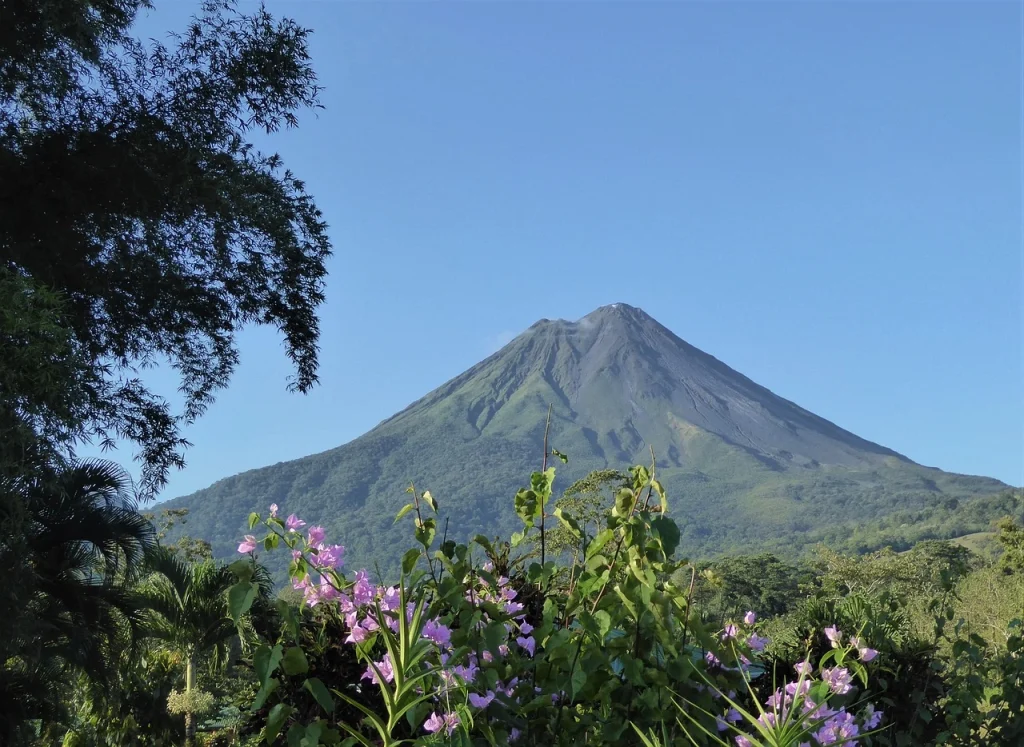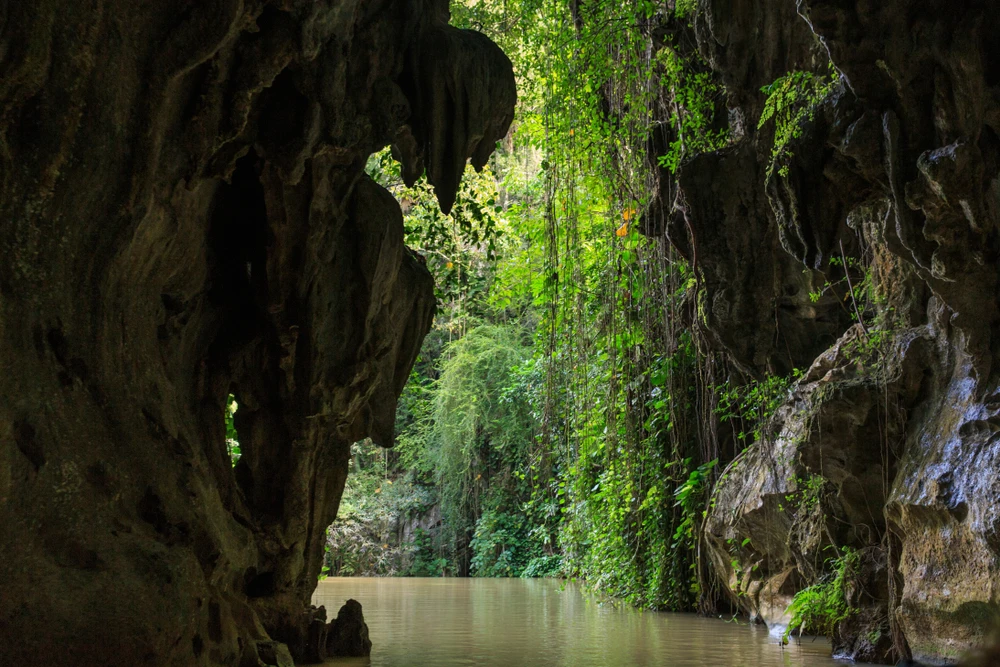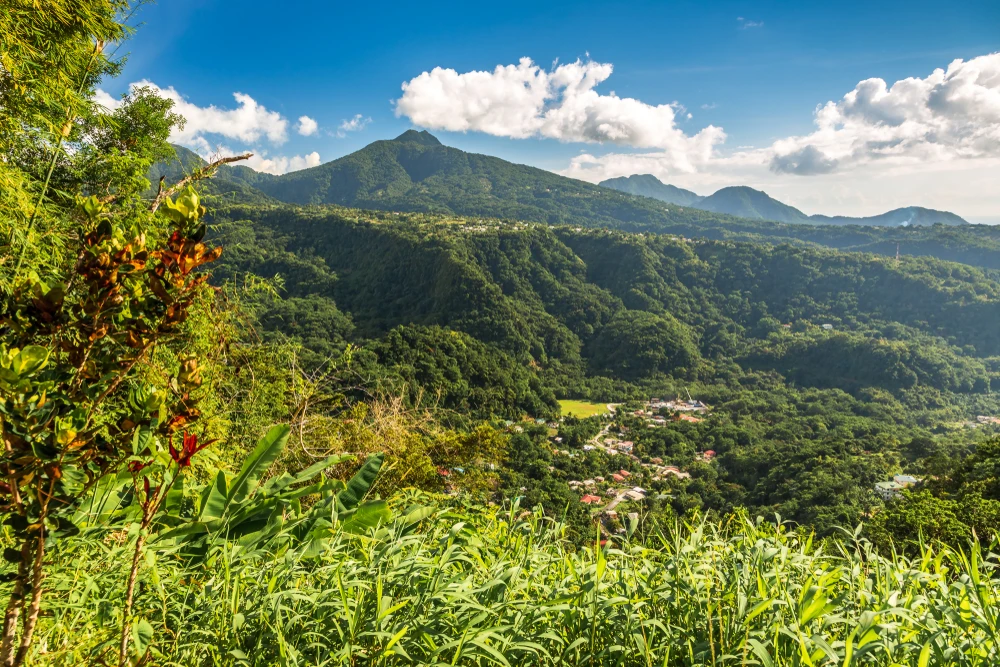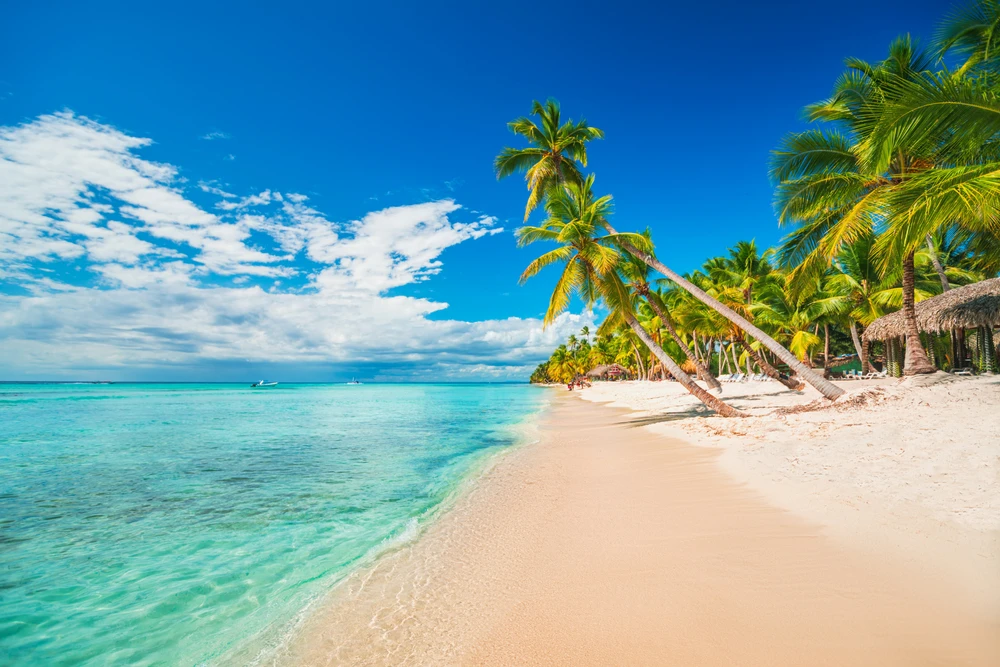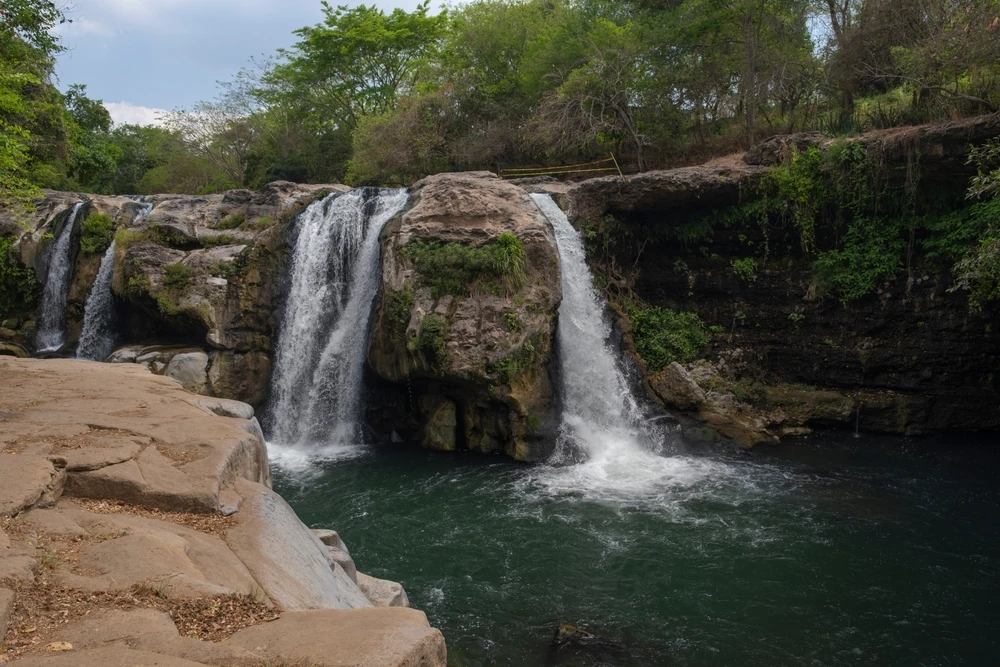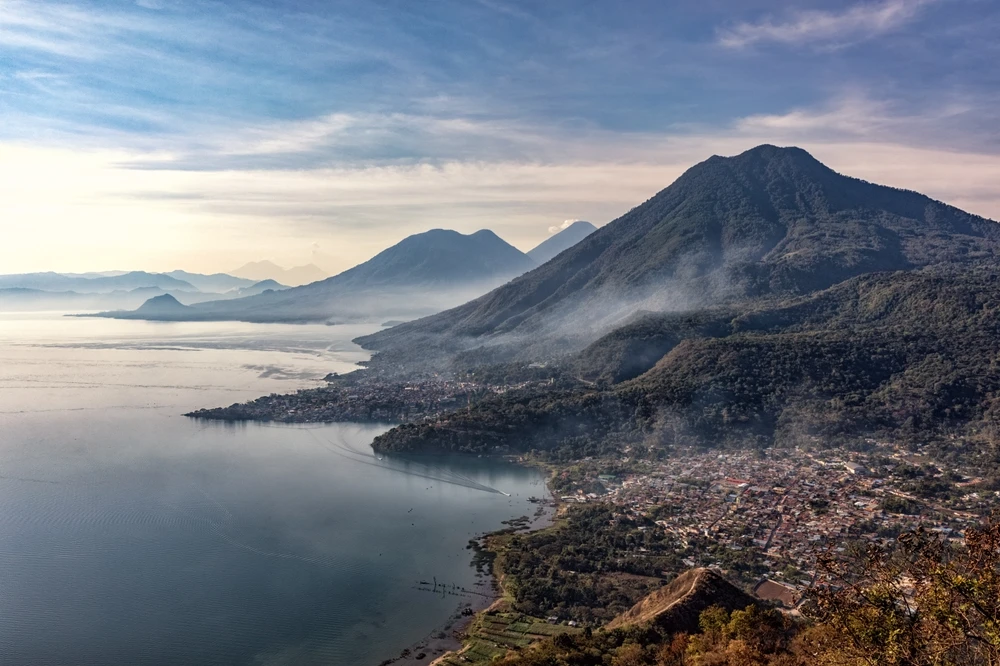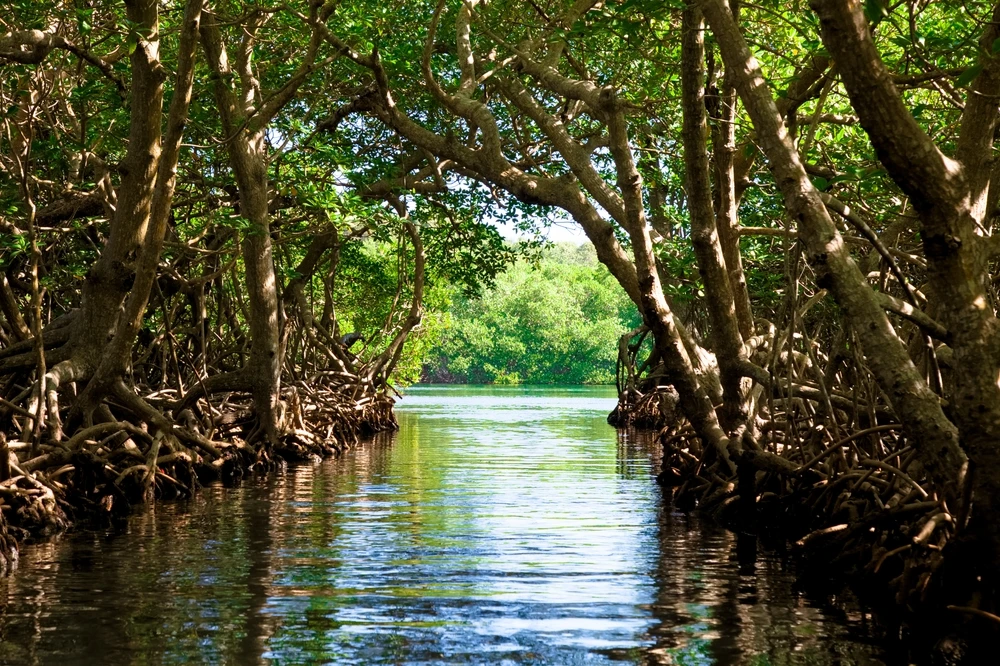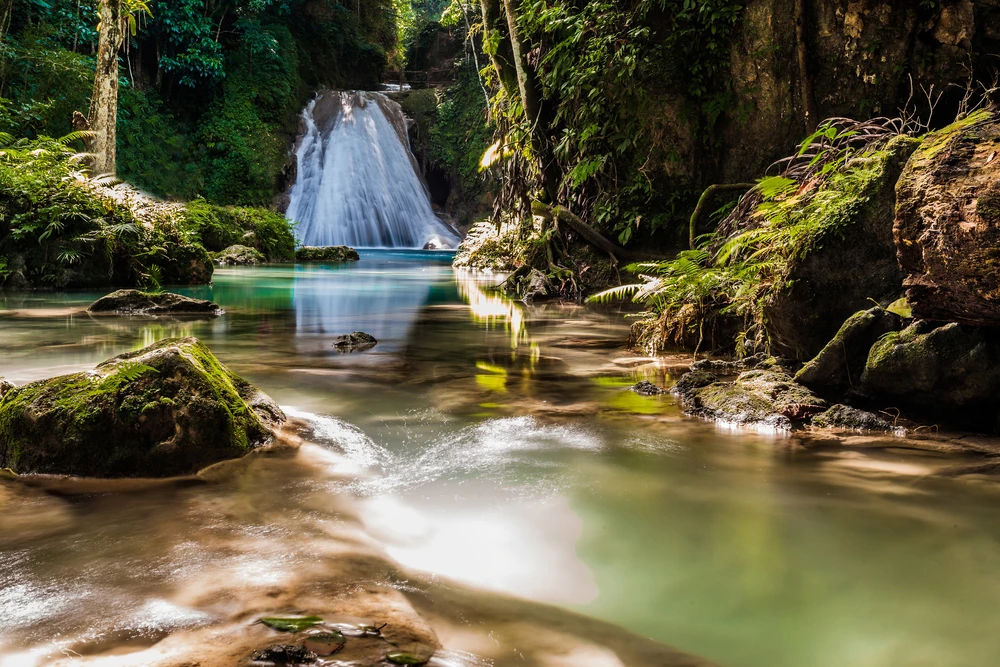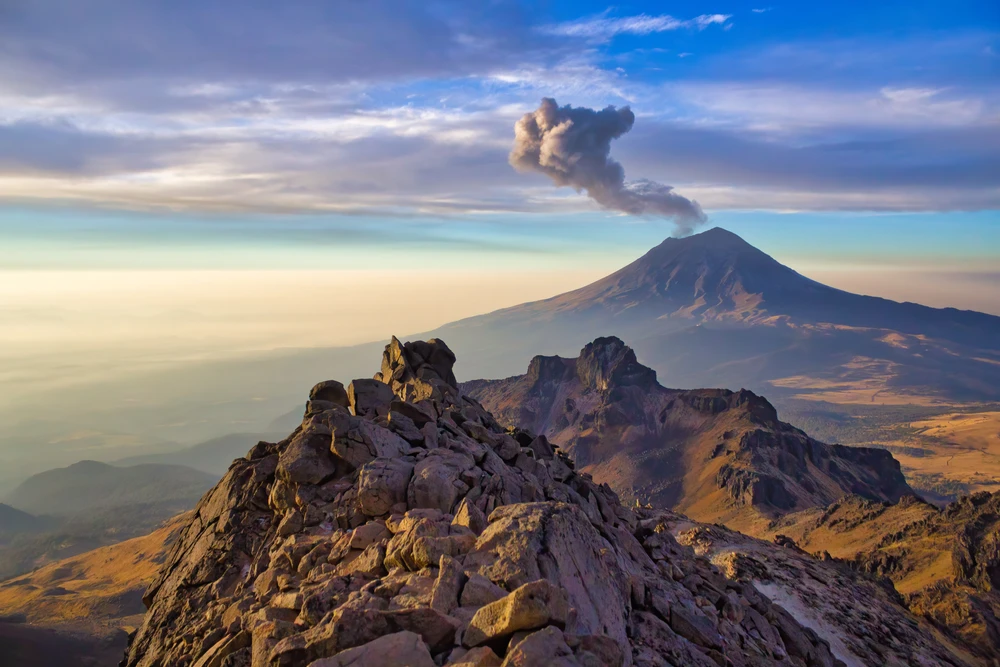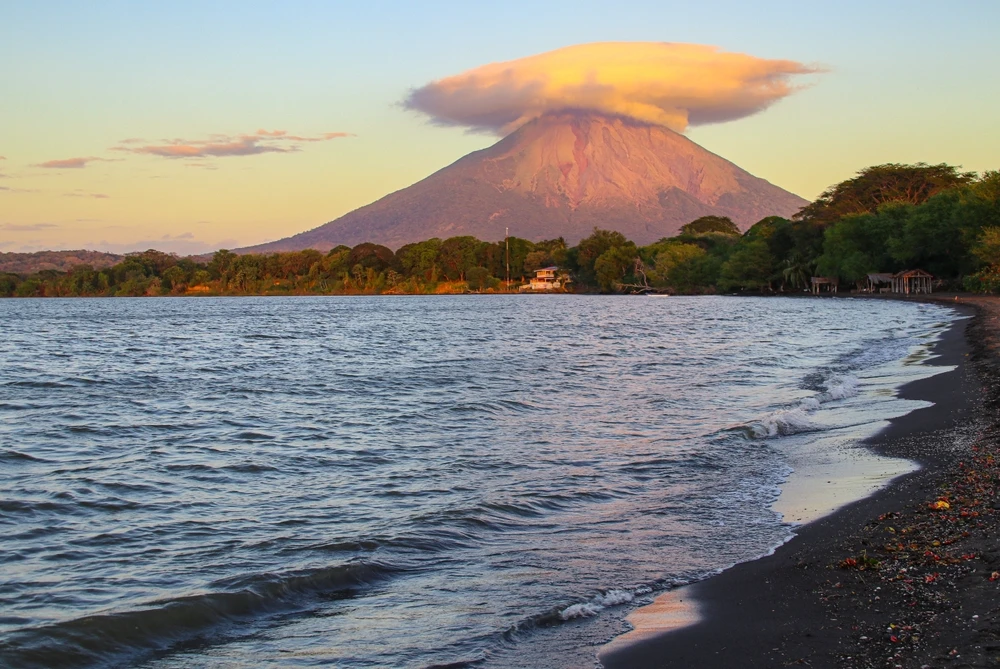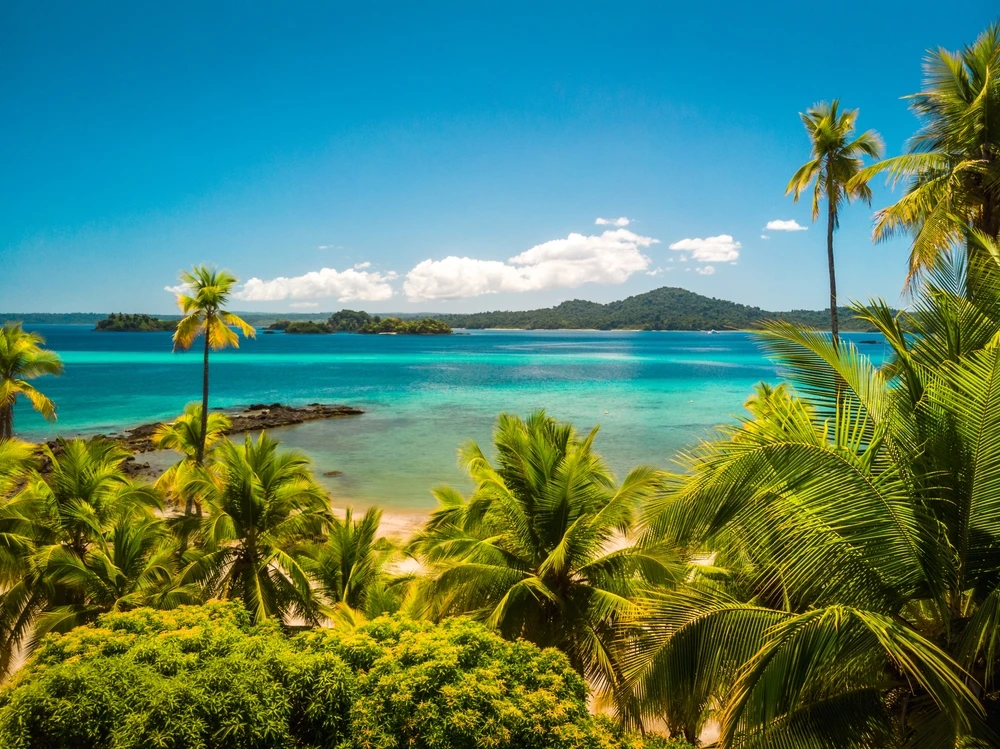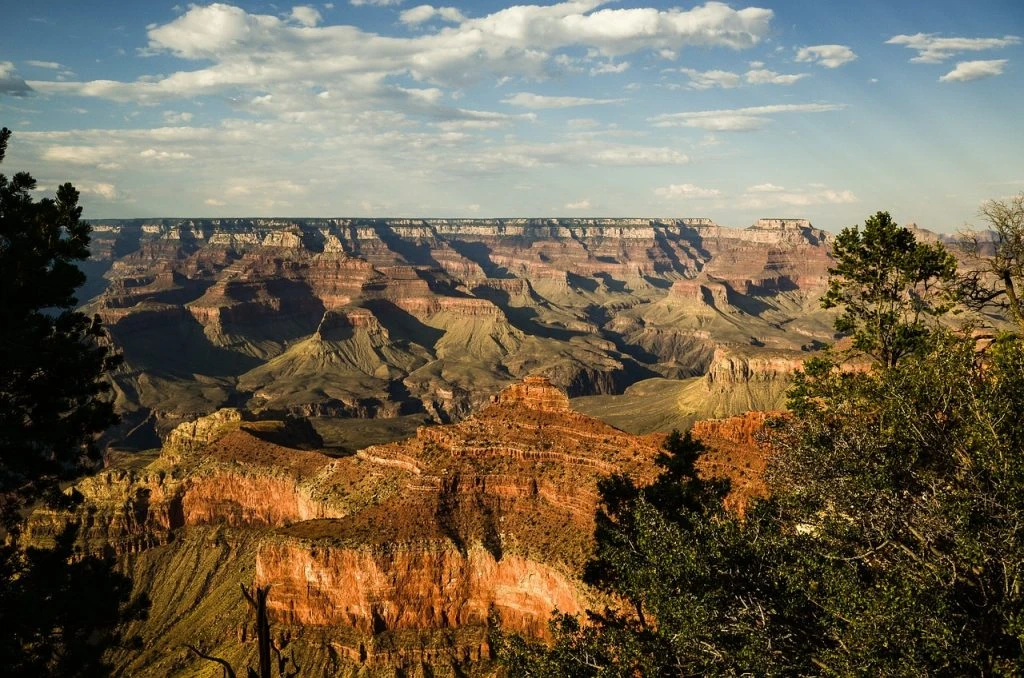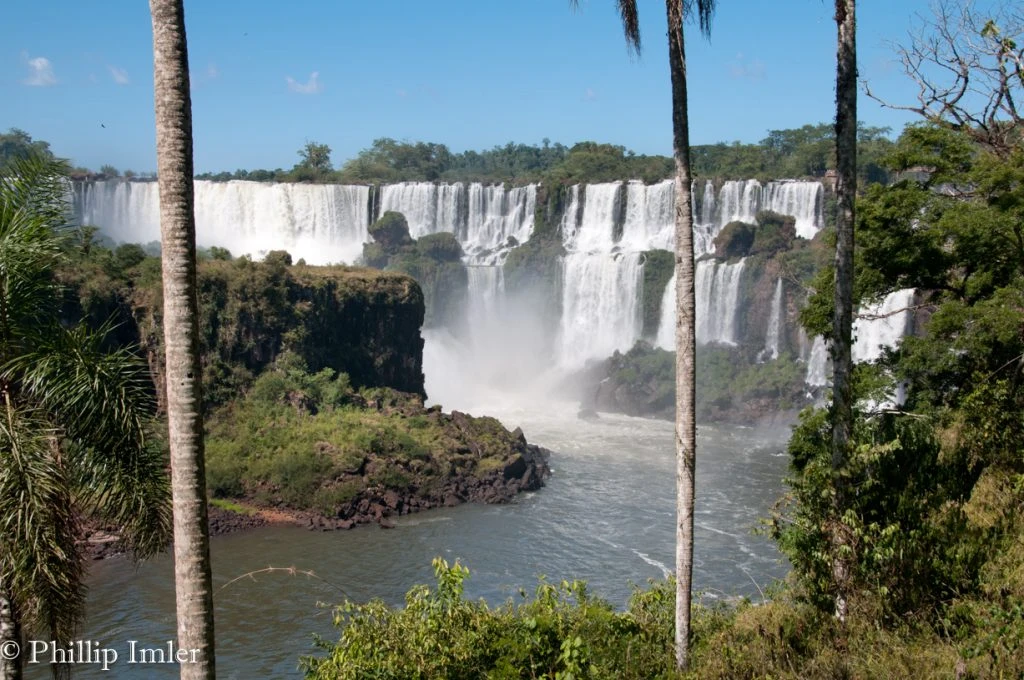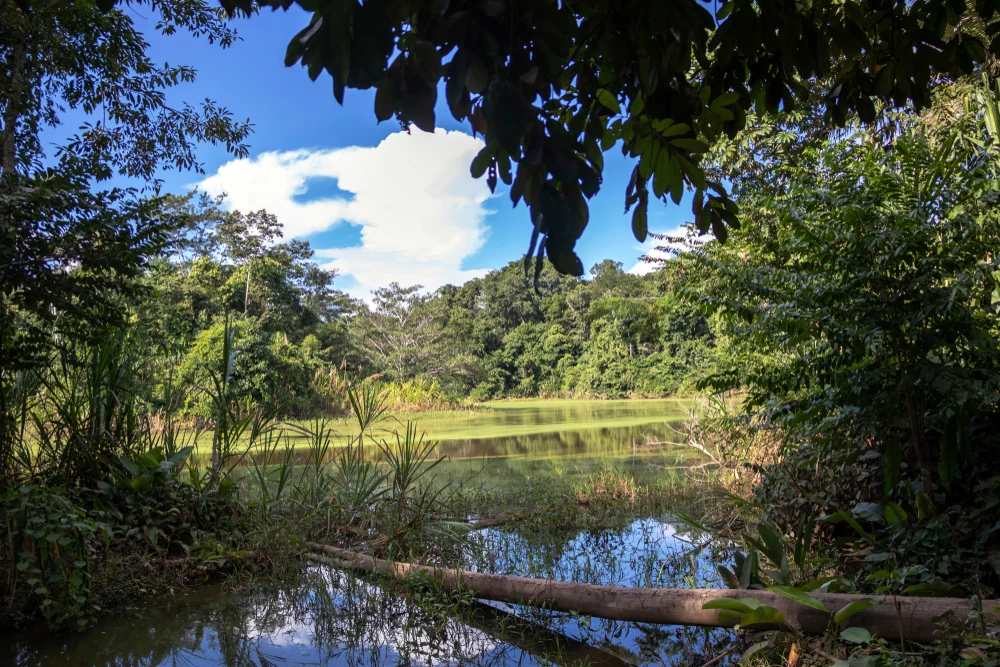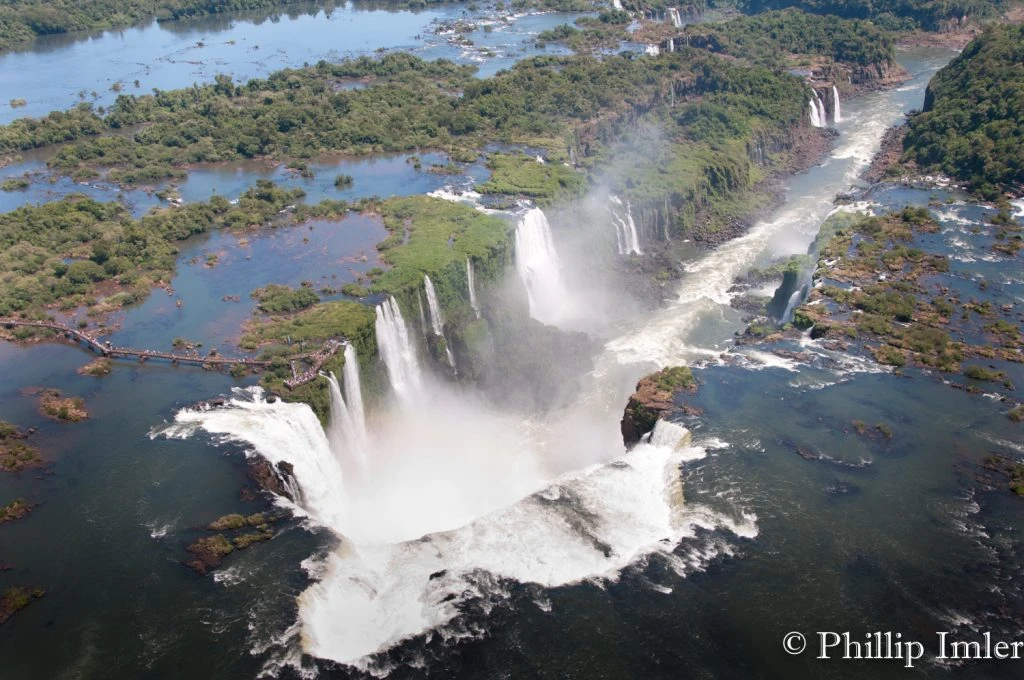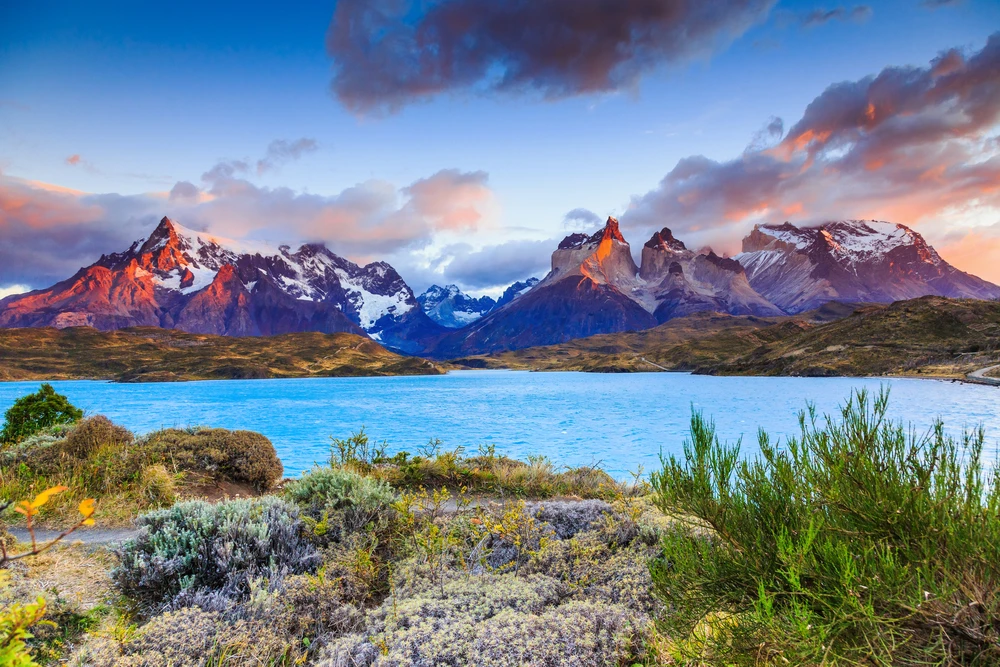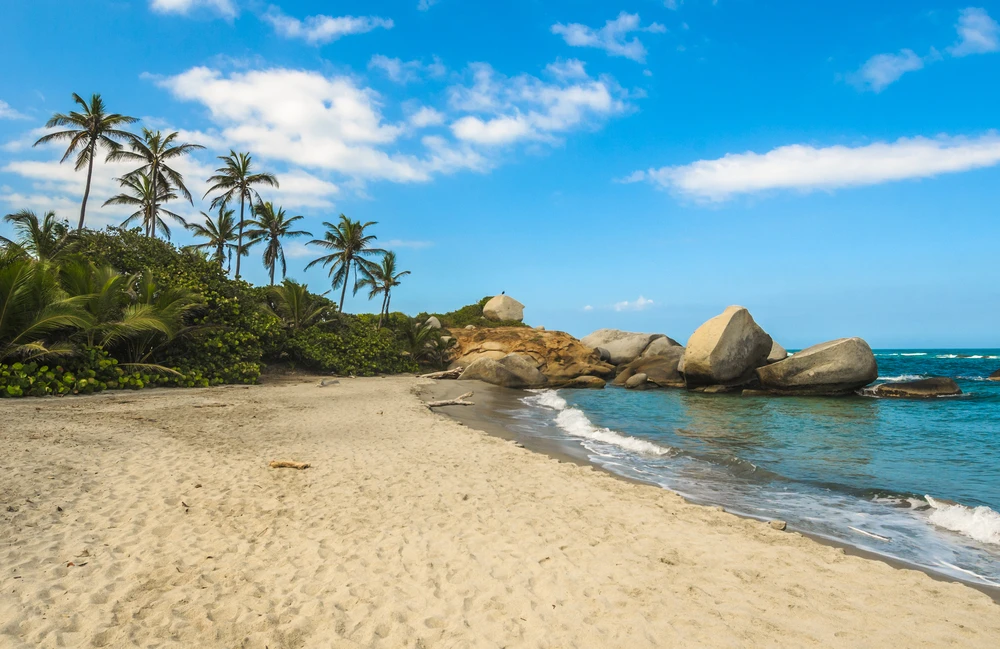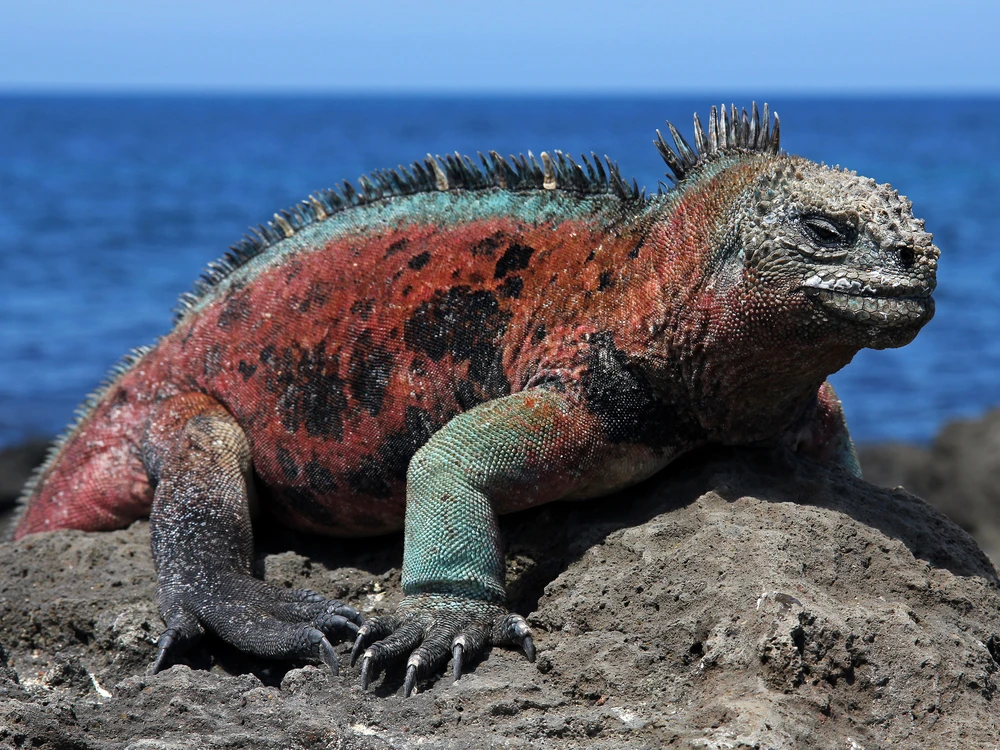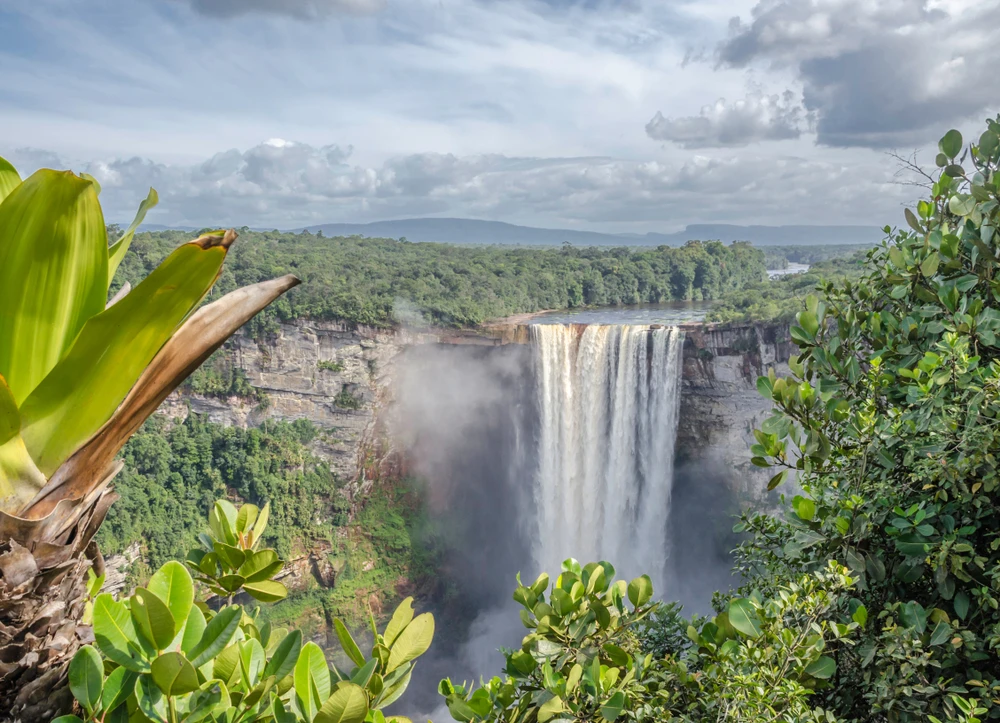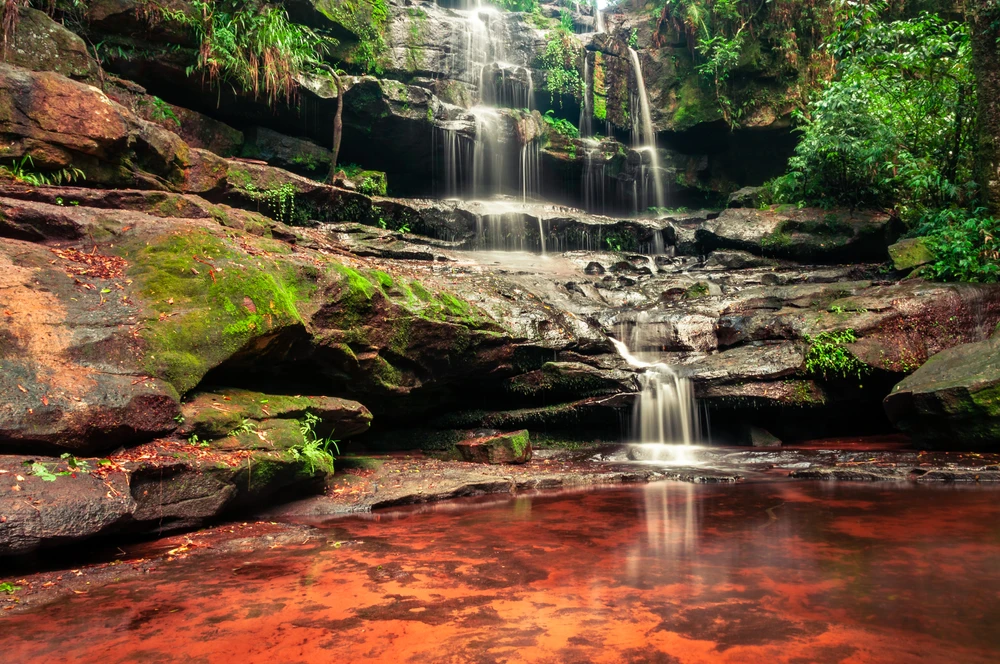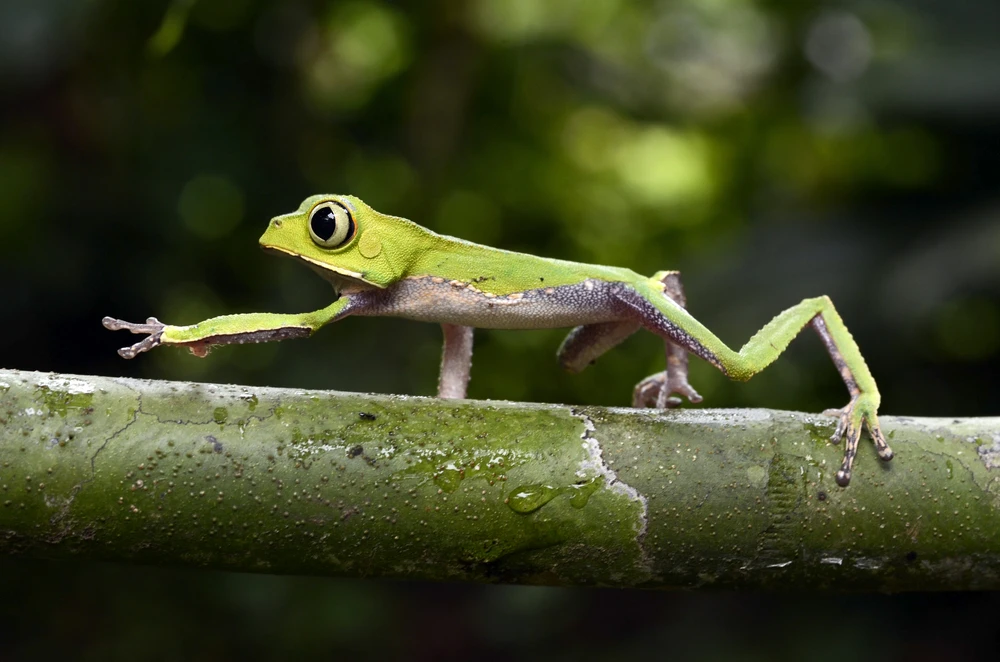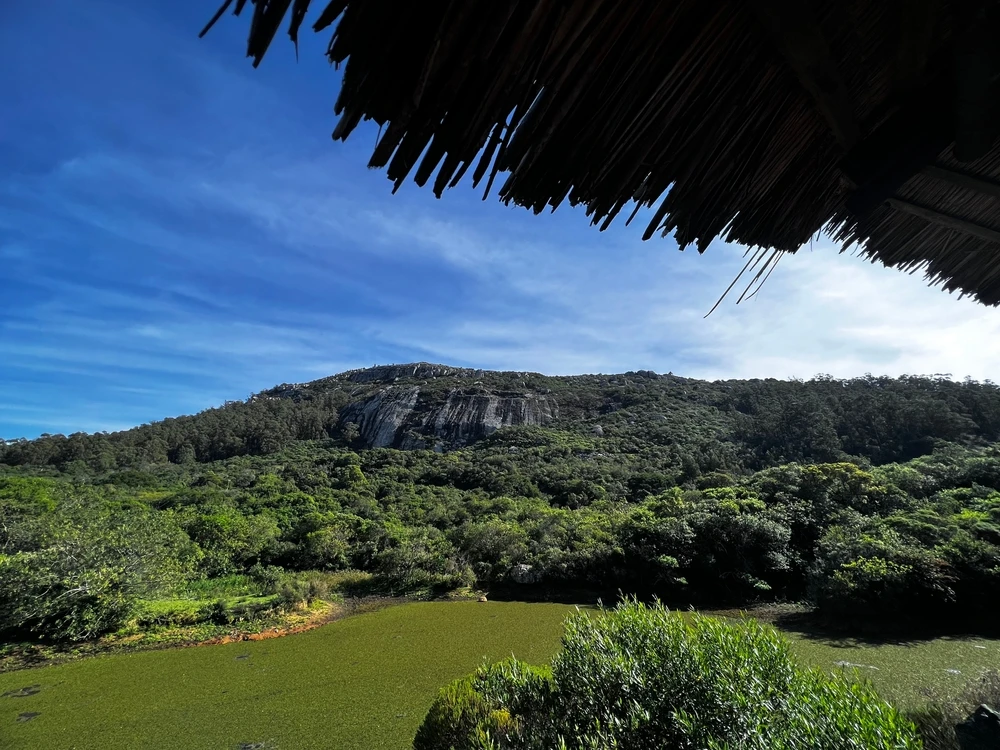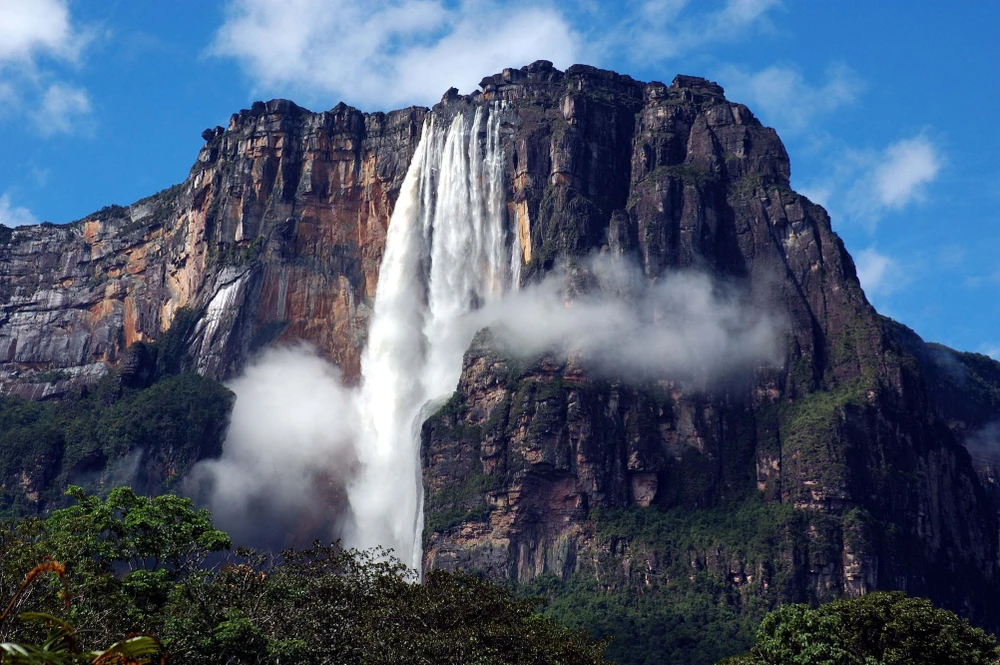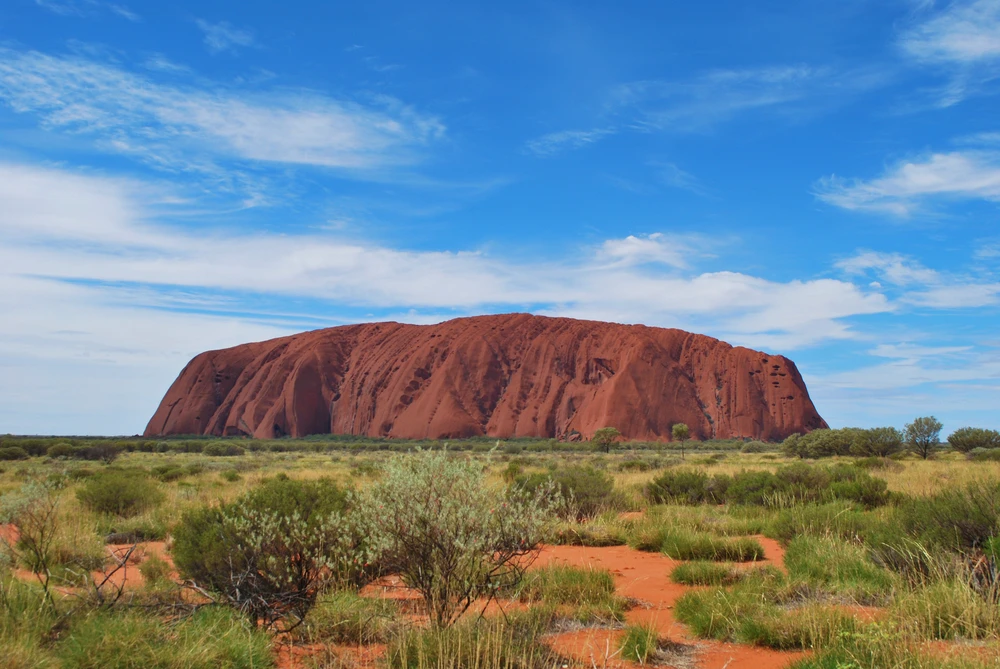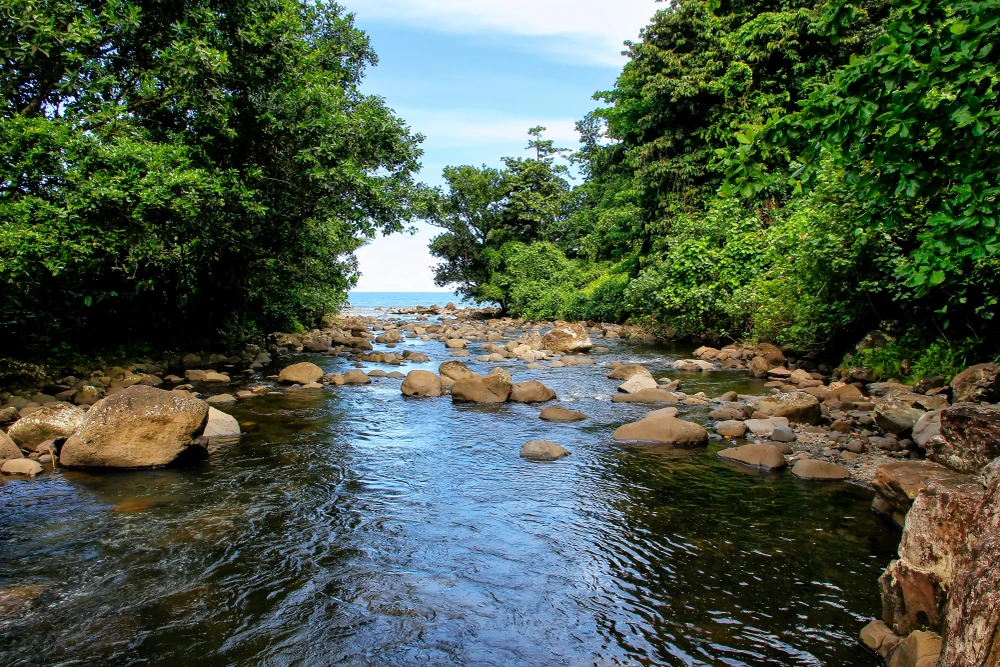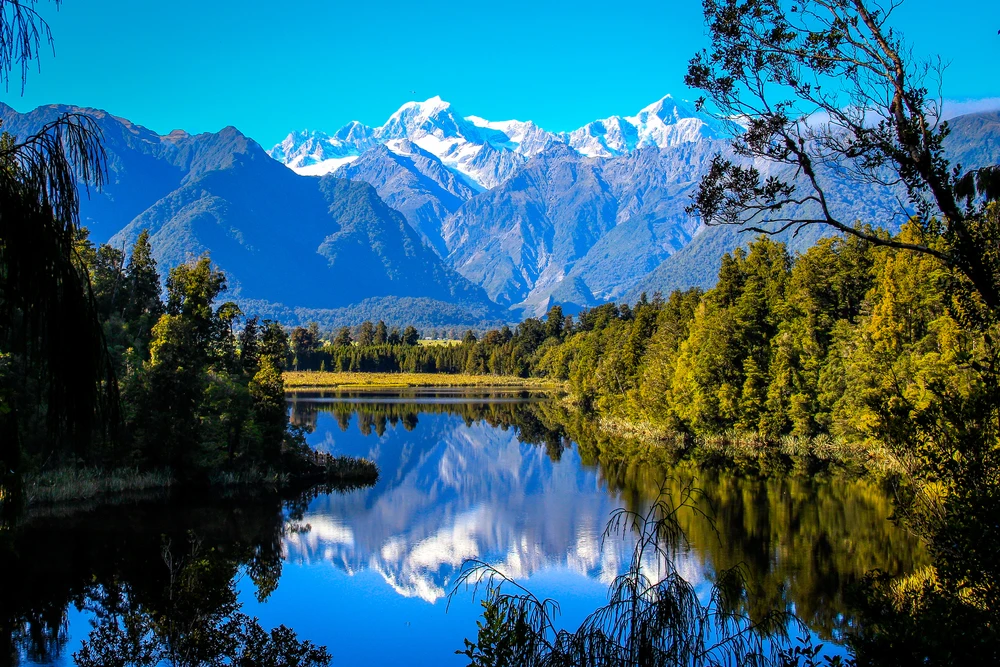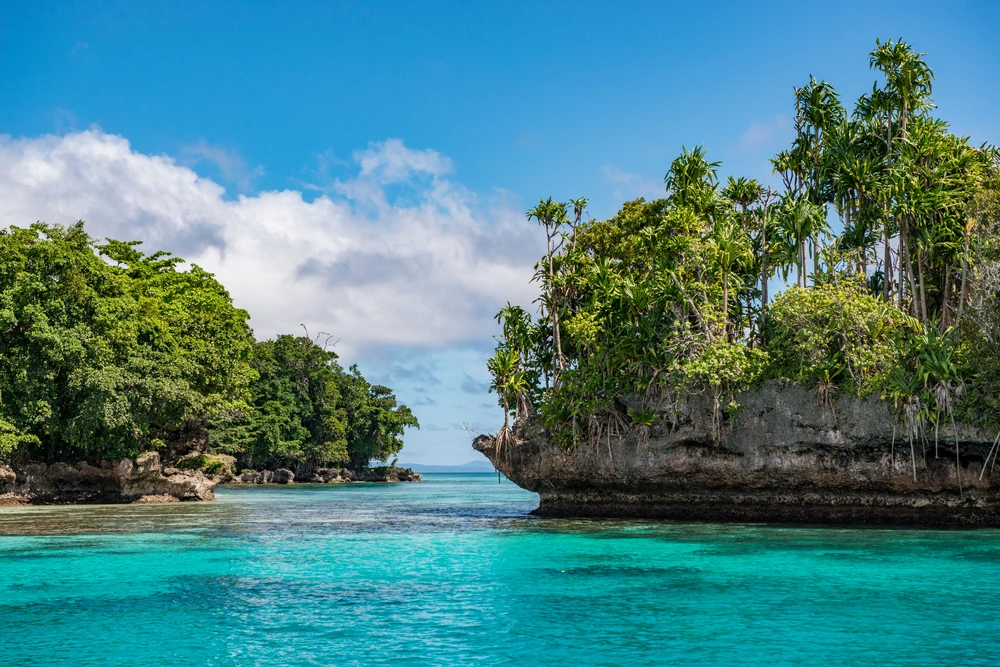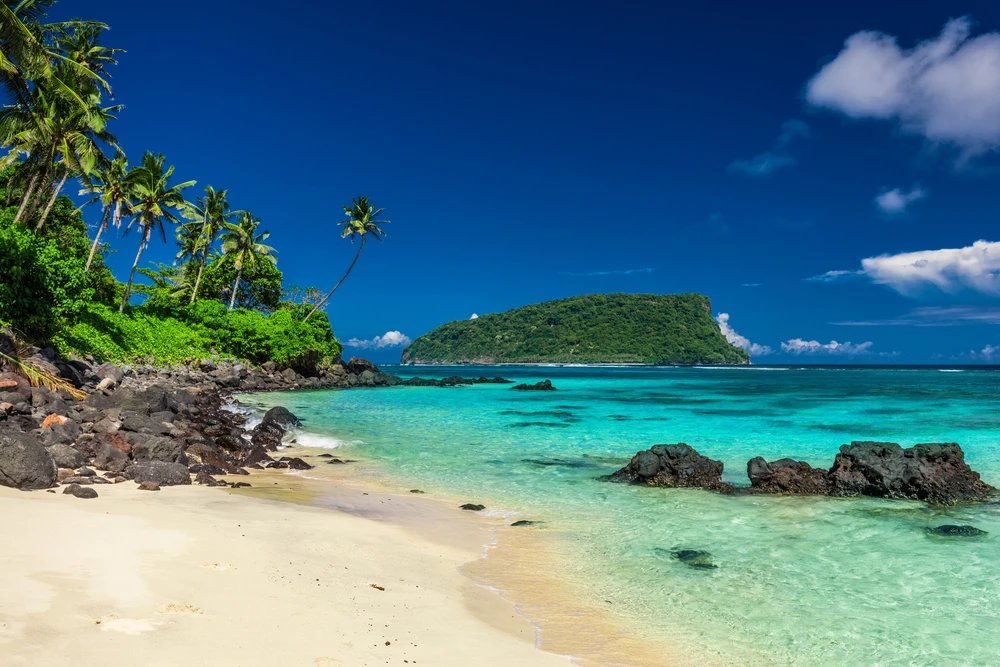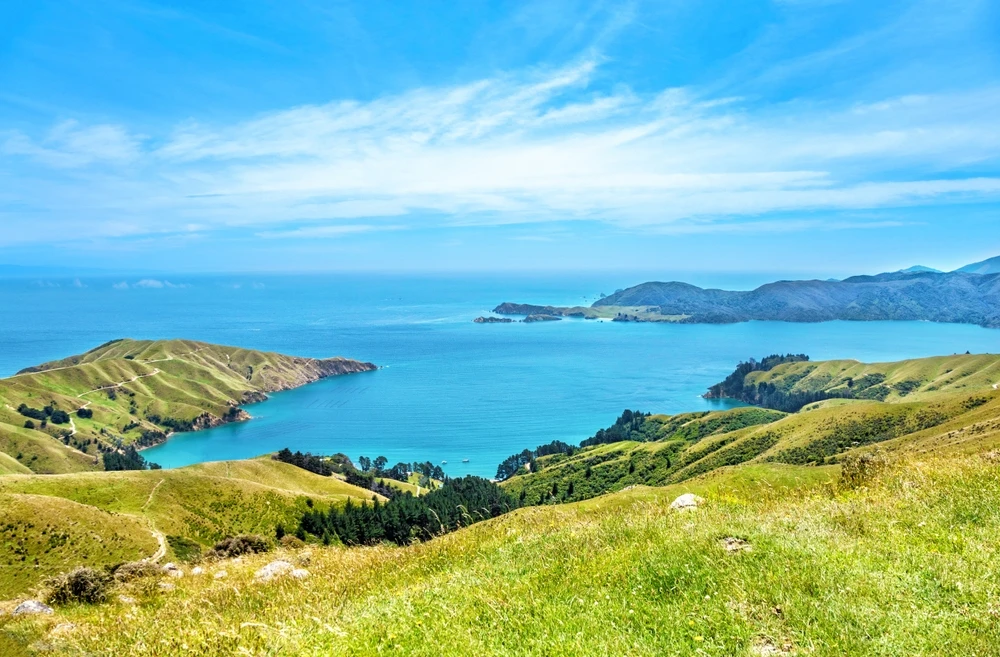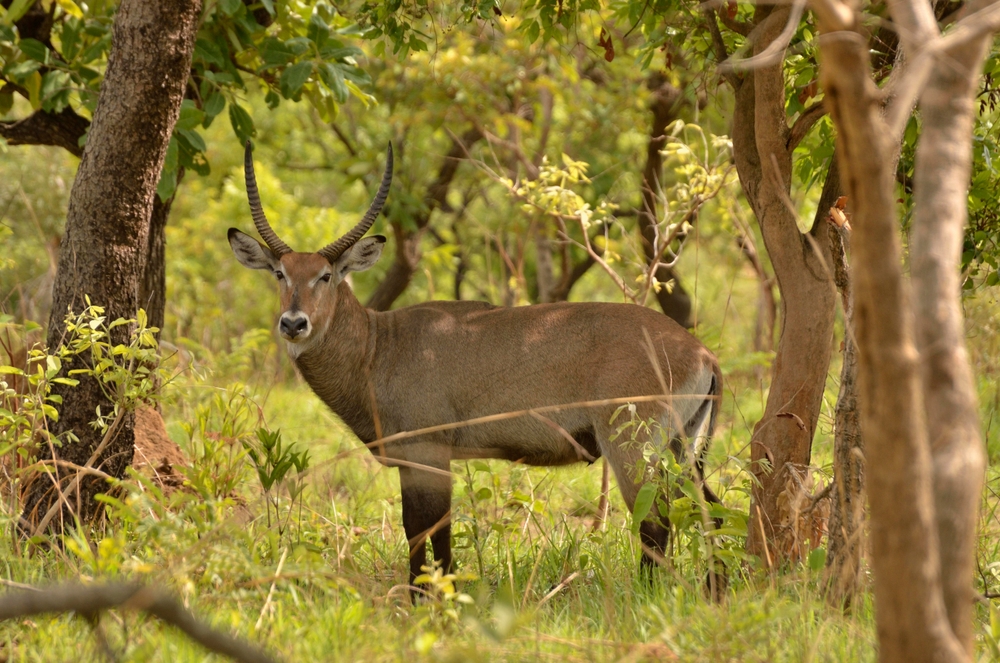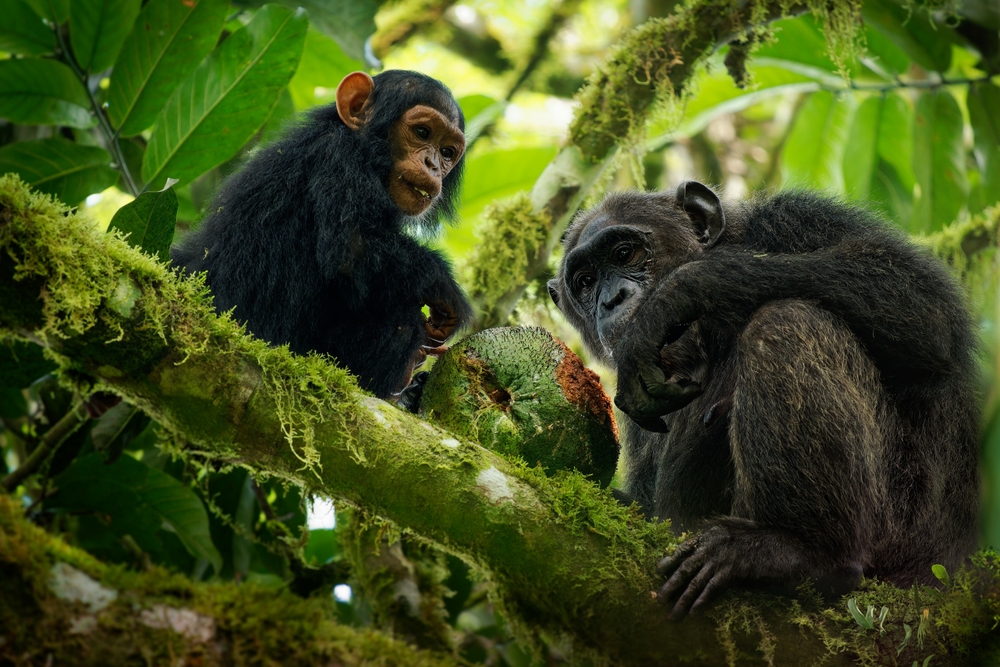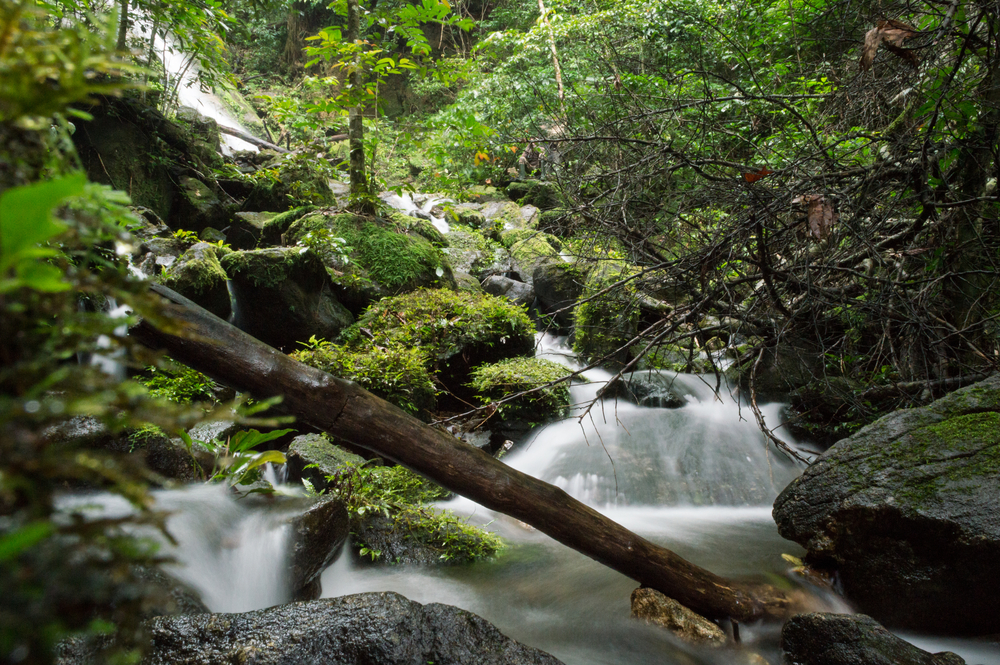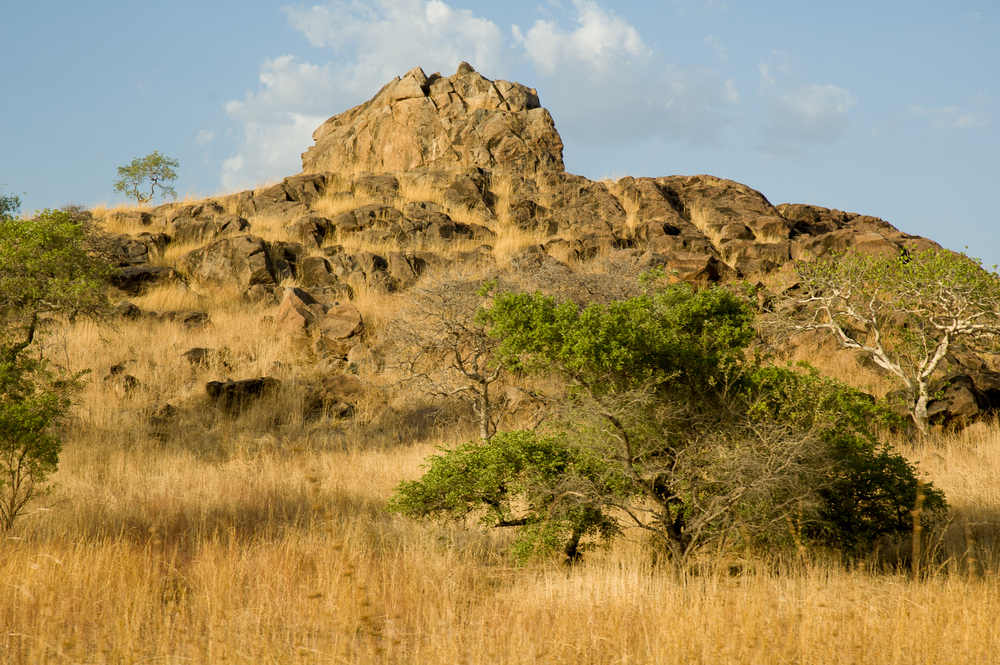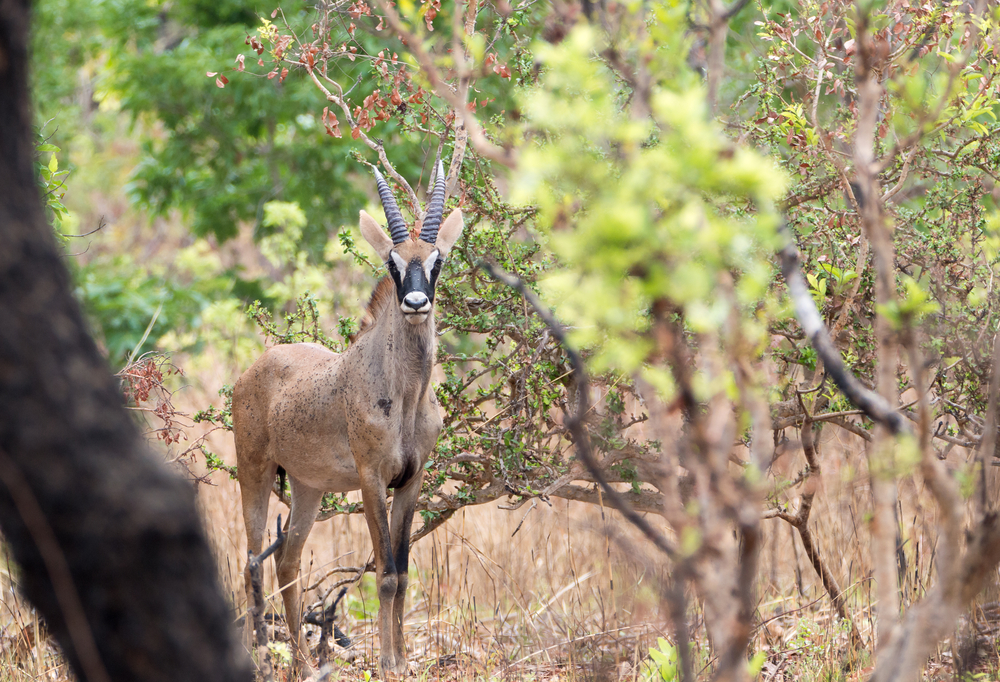Bouba Njida Overview
Bouba Njida National Park, locally known as “Parc National de Bouba Njida”, is a prominent protected area located in the northern region of Cameroon. Established in 1968, the park spans approximately 2,200 square kilometers (850 square miles) and is part of the Sahelian savanna belt. It serves as a critical habitat for diverse wildlife and plays an essential role in the conservation of endangered species. Bouba Ndjida’s expansive landscapes and unique ecosystems make it a key destination for nature enthusiasts and conservation efforts.
The park’s terrain is characterized by vast open grasslands, undulating hills, and scattered patches of wooded savanna. Seasonal rivers and waterholes dot the landscape, providing vital water sources during the dry season and supporting the park’s flora and fauna. The vegetation includes acacia woodlands, baobab trees, and various grasses, all adapted to the semi-arid climate of the Sahel. The combination of open spaces and sparse woodlands creates a striking and ecologically significant environment.
Bouba Njida National Park is renowned for its diverse and iconic wildlife. It is home to one of the largest populations of giant elands in Central Africa, a rare and endangered antelope species. Other notable mammals include lions, leopards, giraffes, and African wild dogs. The park is also a sanctuary for elephants, although their numbers have been severely impacted by poaching. Birdlife is abundant, with species such as ostriches, vultures, and secretary birds frequently observed. Reptiles, including crocodiles, thrive in the park’s waterways.
Visitors to Bouba Njida National Park can explore its natural beauty through guided safaris and wildlife observation tours. Game drives across the savannas offer opportunities to see large herds of antelopes and encounters with predators in their natural habitats. Birdwatching enthusiasts will find the park particularly rewarding, as it hosts a wide variety of resident and migratory bird species. Camping and photography are popular activities, allowing visitors to immerse themselves in the park’s serene and unspoiled landscapes.
Despite its ecological importance, Bouba Njida National Park faces significant challenges. Poaching, particularly targeting elephants for their ivory, has posed a major threat to its wildlife. Habitat degradation caused by agricultural expansion and overgrazing further undermines conservation efforts. Human-wildlife conflict also arises as local communities expand their activities near park boundaries. In response, the Cameroonian government, along with international conservation organizations, has implemented anti-poaching patrols, community engagement programs, and habitat restoration initiatives. Collaborative efforts aim to balance conservation with the needs of local populations.
Bouba Njida National Park is a cornerstone of Cameroon’s natural heritage, offering a glimpse into the Sahelian savanna’s biodiversity and resilience. Its iconic species, vast landscapes, and ecological significance make it a vital area for conservation and a compelling destination for eco-tourism. Protecting Bouba Ndjida ensures the survival of its unique ecosystems and contributes to the broader goal of preserving Africa’s natural treasures for future generations.
